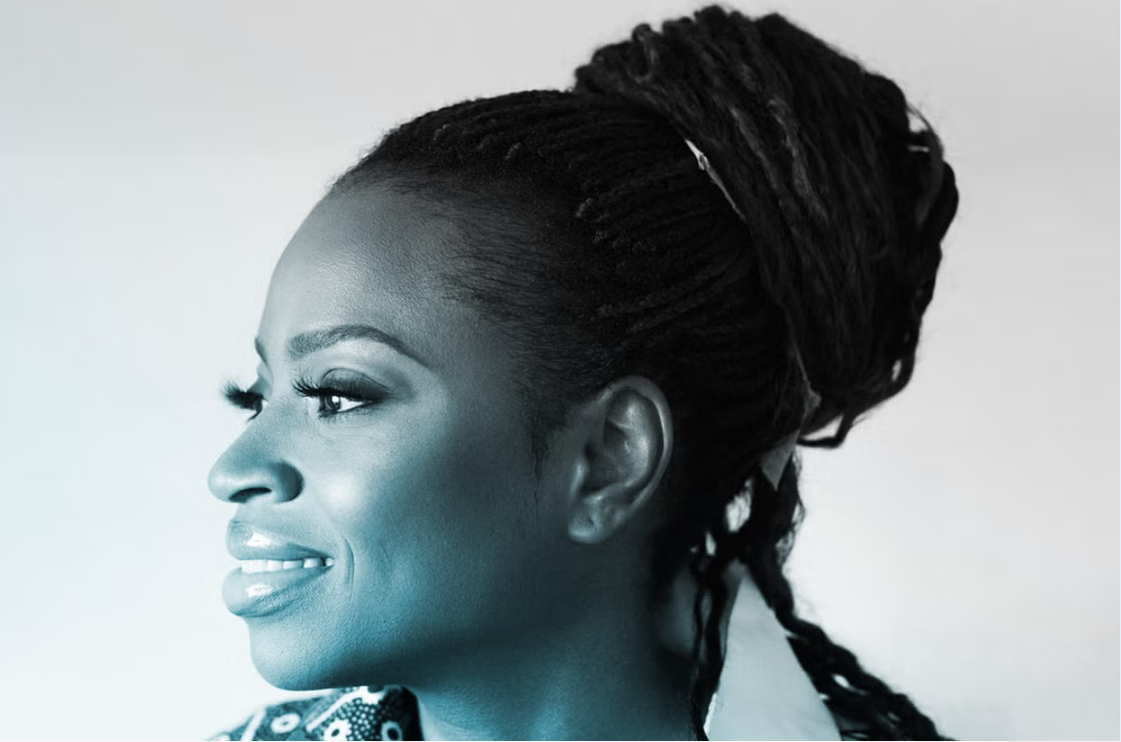Table of Contents
The grip of the climate crisis is tightening, with records continuing to tumble as the world heats up and the natural world suffers increasing harm.
Temperatures reached a worldwide high in 2024, research revealed, following on from the record set in 2023. The UK this year had its hottest spring and summer since records began in 1884, with multiple heatwaves causing droughts and wildfires.
In his inaugural state of climate and nature speech, the secretary of state for energy security and net zero, Ed Miliband, cited research that the UK had become one of the most “nature-depleted countries in the world”. He said: “These are uncomfortable, sobering facts, and we should make no mistake: we must act on the climate and nature crisis … because no sector or part of our society is immune from those risks.”
Outside of the UK, attitudes are different. Donald Trump’s scepticism has seen green initiatives rolled back, while reliance on fossil fuels has increased. Yet Florida just had the worst drought in 24 years, with almost the entire state affected, and the LA fires in January displaced thousands of people as their homes were destroyed and hundreds also lost their lives.
Even the Nordic countries have experienced extensive heatwaves this summer and scientists believe the rapid loss of Antarctic sea ice is accelerating the problem to tipping point, with potentially irreversible global consequences.
It may sound like a dismal state of affairs, but there’s always hope, as Sir David Attenborough revealed in his Oceandocumentary that the ocean can regenerate itself. Aside from the broadcaster, there’s a whole host of people dedicating their lives to improving the environment before it’s too late, and making others see that we need to change our ways.
You’ll find many of them in the second edition of The Independent’s Climate 100 List, following on from the success of our first edition last year.
The list isn’t in order of importance, nor does it compare or rank one change maker against another. Instead, it’s a recognition of the people and companies dedicated to finding positive climate solutions. Some have made a splash recently with a notable contribution to the fight, while others are celebrated for their long-term commitment and contribution. We also asked you, our readers, to nominate five unsung climate heroes.
The publication coincides with Climate Week NYC – one of the climate world’s biggest events – where The Independent will be hosting its own Climate 100 event, including a keynote speech from Greg Jackson, the founder and CEO of Octopus Energy.
So, meet the inspirational people solving the planet’s greatest challenges.
Arts & Fashion
1. Abi Daré
Winning the first Climate Fiction prize in May of this year, British-Nigerian writerAbi Daré’s novel And So I Roar documents how the climate crisis also triggers social crisis. She unravels the effects of this on rural Nigerian communities, especially women and girls, deepening the inequality that already exists.
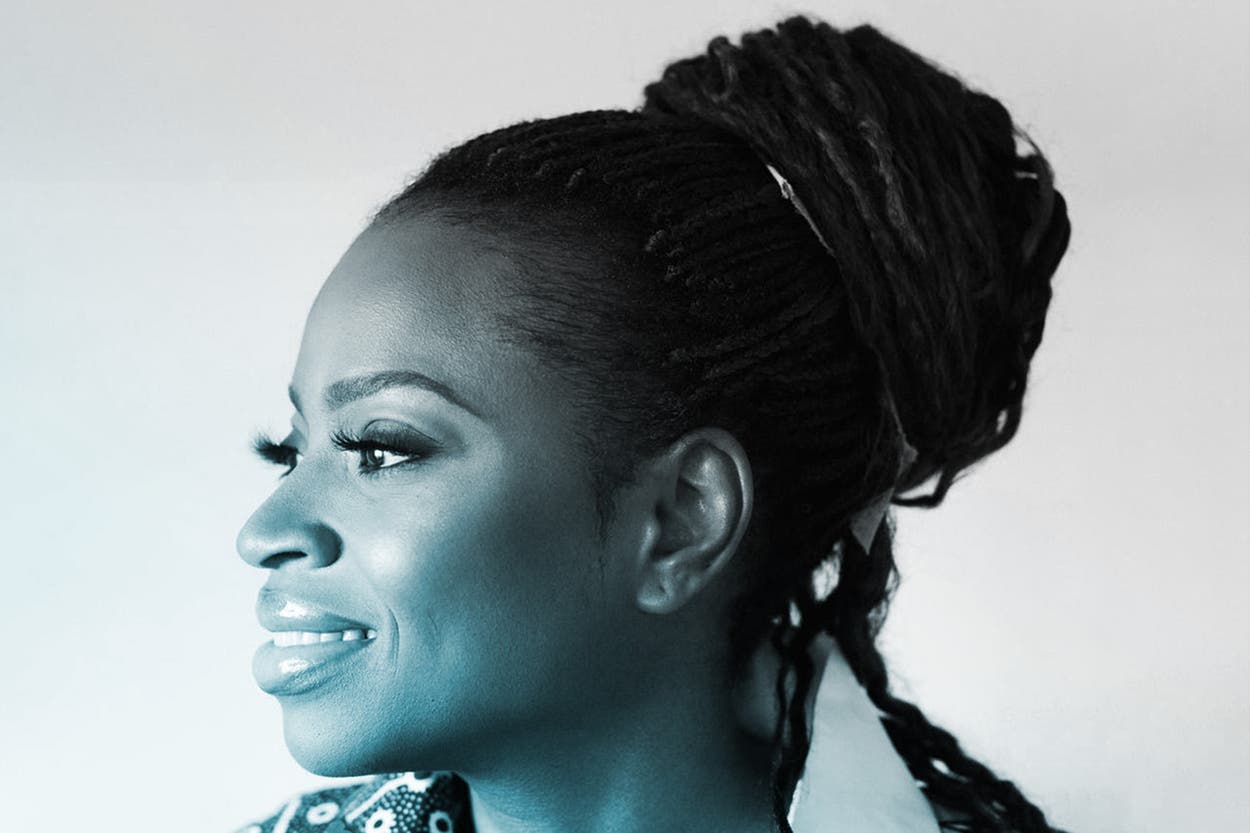
On winning, she told The Independent ,“it shows that stories from all over the world, from Africa, from Nigeria, matter. And that people have heard the voices of the girls because they were roaring in the book, as the title says. That means a lot to me.”
It also gives a voice to Africa’s climate narrative and that of the Global South too. As the continent contributes an estimated 4 per cent of global emissions, yet it bears a disproportionate brunt of the impacts of the crisis.
And So I Roar is the sequel toThe Girl with the Louding Voice. In 2023, she launched The Louding Voice Foundation, which supports educational scholarships and empowerment programmes for women and girls in underserved Nigerian communities.
2. Edward Burtynsky
Canadian photographer Edward Burtynsky has used most of his photography career to powerfully track humanity’s disastrous environmental footprint. His work provides the urgent environmental commentary many can’t convey with words alone.
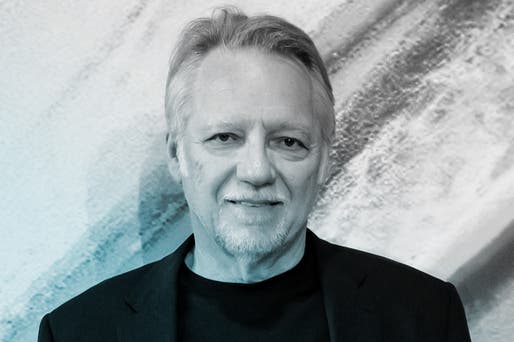
He focuses on sites such as oil fields, mines, quarries, and those that have suffered from droughts or deforestation and uses his lens to stir much-needed conversations of human impact. His images are often stark and positioned from a bird’s eye view, encapsulating the sheer size, made more damning by often including tiny human figures for scale.
Sometimes, his pieces might look like a study of colour or pattern, until it becomes clear it’s actually something much more shocking, like the remnants of an extracted copper mine and huge craters in the land and varying rusty colours.
His recent exhibition at New York’s International Center of Photography (ICP), The Great Acceleration, portrays the effects on glacier retreats, coastal erosion and industrial landscapes.
3. Arizona Muse
British-American model Arizona Muse is the founder of the charity Dirt, a non-profit organisation aiming to change the fashion industry by tackling its many problems from the ground up, literally.
Her focus is on soil health and regenerative farming and growing methods, after witnessing the fashion industry’s impacts from within. Muse now speaks out about the hidden costs of fashion on the environment and communities, including ethical and sustainability-related problems associated with exploitation. When she first started her campaigning, she says she lost a lot of followers, but set about engaging her audience in her message. She has spent the past decade highlighting the importance of regenerative organic agriculture, especially for growing the raw materials needed to make our clothes.

Muse is working to convince the larger fashion houses and brands to change how they work, and to not only prioritise revenue. Her vision is to bring the industry more in line with the food and wine sector, which has certifications and standards for produce made following environmentally conscious practices. As there’s nothing like it, Muse is working on her own set of standards.
4. Aziza Chaouni
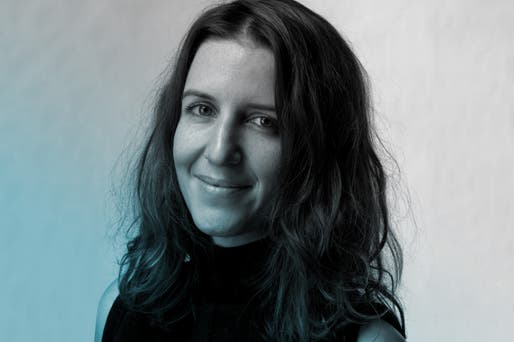
Architect, activist and professor Aziza Chaouni – the first Moroccan national to study architecture at Harvard University – addresses climate resilience, ecological sustainability, and social empowerment through design.
Chauni’s most prominent project has been creating earthquake-resistant buildings in Morocco, following a devastating earthquake in 2023 that claimed the lives of around 3,000 people.
Remote areas in the Atlas mountains, where buildings were made from unreinforced brick and masonry, were the worst affected by the 6.8-magnitude disaster. Chaouni’s designs are not only affordable, but are built with compressed bricks made of 95 per cent earth that are interlocked with mortar and vaulted brick roofs reinforced with steel rods, while wastewater is filtered to be reused.
The project exemplifies the need for climate-sensitive, socially responsible architecture, and for her work Chauni was awarded the 2024 IMA “Impact” Design Award in October.
5. Livia Giuggioli Firth
Livia Giuggioli Firth’s environmental contribution was almost entirely rooted in fashion, until she spent the lockdown on her twin brother’s organic farm in Umbria. Now she has moved to working on the sustainable and regenerative farm project known as Quintosapore (meaning fifth taste).
For decades, Firth committed to raising awareness on sustainability in the fashion industry. In 2010, she founded the Green Carpet Challenge, bringing sustainability to the forefront by encouraging celebrities and designers to choose eco-friendly materials and follow ethical practices on the red carpet, spotlighting the environmental costs of fast fashion.
Her 2015 documentary, The True Cost, highlighted the hidden environmental and ethical toll of fast fashion, largely on women in the Global South. Through her activism, she has influenced major fashion brands to adopt more sustainable practices and sparked a movement towards greater transparency and accountability in the industry. Last year, she closed her longstanding consultancy business, Eco-Age, after 17 years.
6. Natsai Audrey Chieza
Fashion has a pollution problem, but Zimbabwe-born Natsai Audrey Chieza found an unlikely solution in biology. Most of the textile industry’s ecological damage happens near the end of the process at the dyeing stage, as it requires a huge amount of water and many chemicals used are petroleum-based. Chieza came across a solution in the pigment found in mould, which she harnessed to create a toxin-free dye, creating a groundbreaking alternative technique.
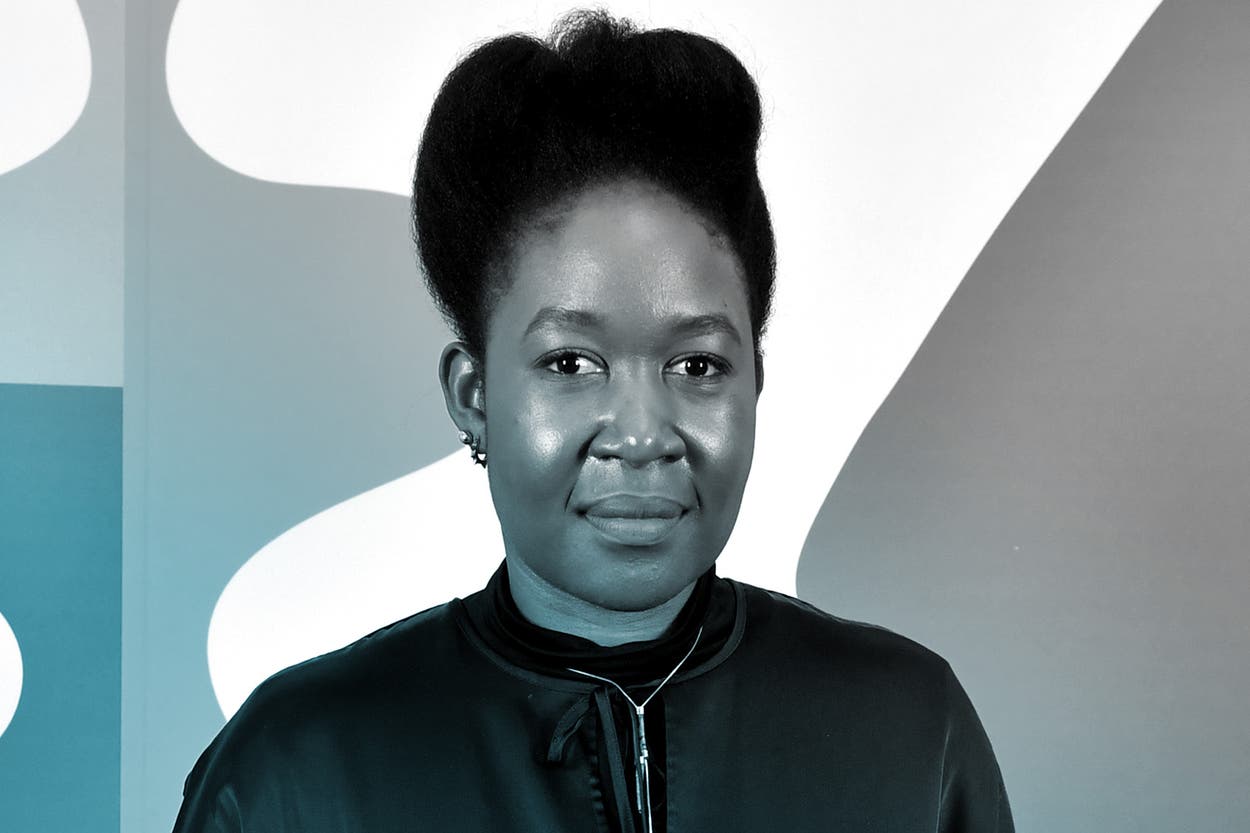
It’s just one achievement out of her design, research and development studio Faber Futures. Set up in 2018, it designs at the intersection of nature, tech, science and sustainability, using biology to address problems caused by the climate crisis. Her work within the biodesign sector not only reduces the environmental impact of textile production but also promotes a broader dialogue about the role of biology in sustainable design.
Her success led her to co-found Normal Phenomena of Life (NPOL), a pioneering biodesign brand aiming to change the fashion industry’s over-reliance on petrochemicals. Instead it offers grown-to-order products such as bacterially dyed garments, algae-ink prints, and microbial bioconcrete. It’s part of working towards her future vision that all materials, whether for our clothes or construction, will be made from living organisms.
7. Stella McCartney
Even before sustainability became a buzzword, Stella McCartney’s name had long been associated with sustainable fashion as she used her status and following to speak out on environmental issues. Inspired by her mother Linda, an animal rights activist, McCartney has become one of the most influential figures in fashion, refusing to use any kind of animal products, and encouraging the reuse and recycling of materials, as well as the reduction of waste.
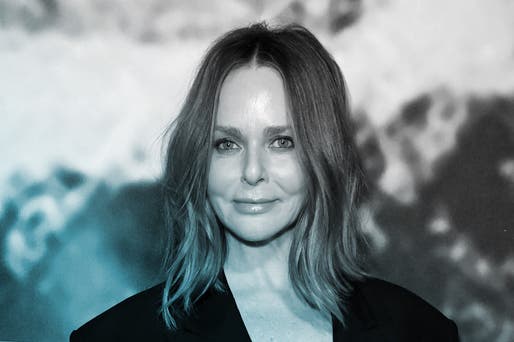
She launched her eponymous fashion line in 2001 and has been committed to ethical and environmentally conscious practices since.She has recently gone on to champion regenerative farming practices in her supply chain and has expanded the use of bio-based materials.
Earlier this year, she launched her most sustainable collection yet, made from 100 per cent cruelty-free materials, using materials such as fungi-based vegan leather and yarns from seaweed. She’s also partnered with materials company, Balena, to create a completely biodegradable shoe sole in a bid to reduce waste.
Business & Finance
8. Greg Jackson
Paving the way for modern energy companies in the UK is the founder and CEO of Octopus Energy, Greg Jackson. With a long-standing interest in the climate from a young age and a member of Greenpeace aged 16, he went on to create Octopus in 2016, which sources a large portion of its energy from renewables. Jackson has turned green tech into a formidable force and wants to make renewable energy smart, affordable, and undeniably consumer-friendly.
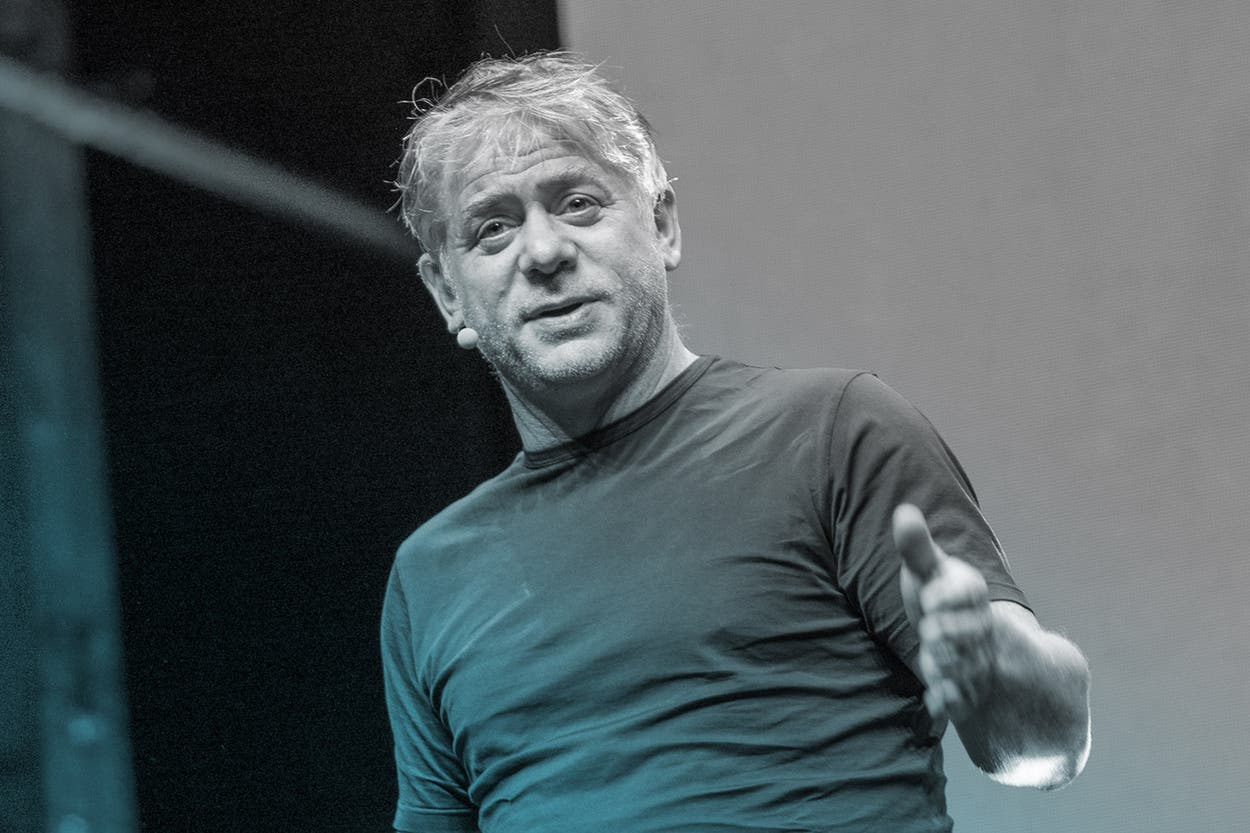
Octopus is currently the UK’s largest energy supplier, thanks to Jackson’s attitude of not being afraid to shake things up, mainly with its dynamic pricing. It is investing heavily in wind and solar, where most of its renewables also come from, and it uses a tech platform to incentivise customers to use energy when more renewables have been generated, or when it’s at its cheapest and cleanest. For his services to the energy industry, he was awarded an OBE last year.
9. Scott Strazik
Scott Strazik is the CEO and president of GE Vernova, one of the largest producers of electricity in the world. Since being named to run the power division of General Electric when it was spun off into a separate company in the spring of 2024, Strazik has presided over a more than fourfold gain in the company’s stock price.
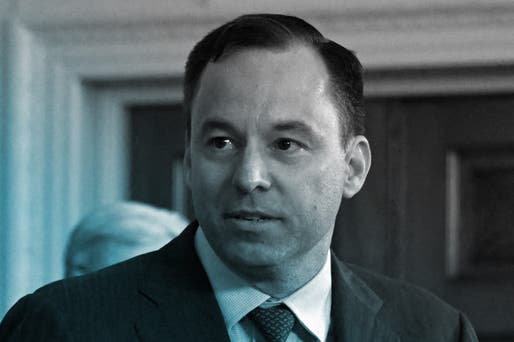
GE is one of the biggest players in the renewable energy business, managing sizeable operations in wind, nuclear, hydropower, and electricity generation. It has become a favourite of investors who are looking to cash in on the booming business for AI and in particular powering data centres for technology giants.
Strazik is a career GE executive, having previously run both its gas power business and aviation commercial engine business. GE Vernova is based in Cambridge, Massachusetts.
10. Andrew Forrest
Andrew Forrest is one of Australia’s richest men, having founded the Fortescue Metals Group 20 years ago, and is now a philanthropist and green energy advocate using his billions to help mitigate climate change.
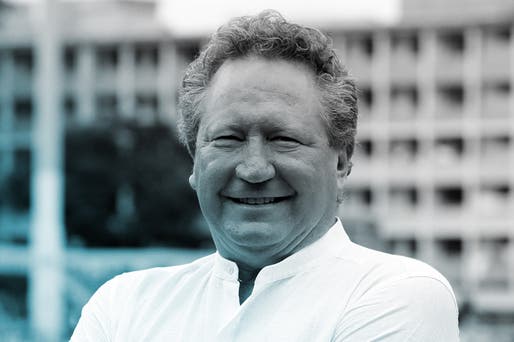
Forrest’s fortune is estimated by Forbes to be above $17bn (£12.8bn), much of which he has ploughed back into his privately held Squadron Energy venture, which he founded in 2022. The company paid around $2.6bn that year for Australia’s biggest wind energy company, CWP Renewables.
Among other philanthropic endeavours, he has pledged to help rebuild Ukraine into a clean energy giant once the war with Russia is over. Forrest is known for railing against oil executives and the markets-based system of measuring corporate performance by quarterly earnings or half-year earnings, which he said is too short a timespan to allow companies to invest in meaningful change.
11. Eva Zabey
Eva Zabey is the CEO of Business for Nature, a Geneva-based group of more than 100 organisations seeking to work with business and policymakers on behalf of the environment. The group refreshed its ambitious plans to achieve a nature-positive economy for all by 2030 earlier this year to focus, among other things, on national deep dives with local partners in places such as South America, Africa and Asia. Within this plan, she is calling for it to become mandatory for all companies to report on their impact on nature, part of the Target 15 initiative.
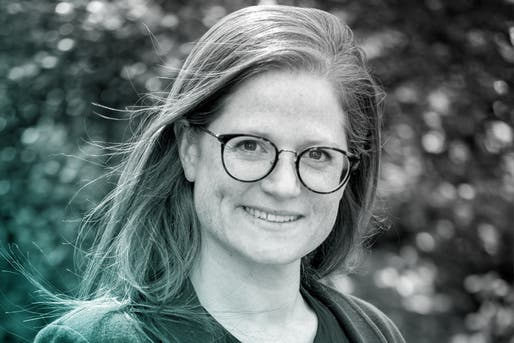
Before joining Business for Nature, Zabey was a senior member of the World Business Council for Sustainable Development for 15 years. As an ecologist, she has long been associated with work to reverse the loss of important natural systems, as well as biodiversity initiatives.
12. Jonathan Maxwell
The British investment banking entrepreneur Jonathan Maxwell created Sustainable Development Capital LLP almost 17 years ago to seek opportunities in the booming market for energy efficiency. Since then, it has been at the forefront of creating value from wasted heat and gas.
Maxwell notes that up to a third of global emissions are caused by the construction sector, from cement and steel to inefficient lighting and air conditioning systems. Whether it’s steel mills in the US to olive presses in Spain, the company works with large commercial operations to find ways for them to save energy by reducing waste.
In the past year, Maxwell has hit the television news circuit in the UK and US to alert viewers to the dangers of cuts to climate funding in both places and to promote his book, The Edge: How Competition for Resources is Pushing the World, and its Climate, to the Brink – and What we Can Do About it. Sustainable Development also did a major deal with equity firm General Atlantic to sell a minority stake to one of the investment giant’s climate funds.
13. Carole Bamford
As the founder of Daylesford and her eponymous brand, Bamford, Carole Bamford champions not only British farming, but sustainable food production and the benefits of organics. She has undeniably been a key driving force in making ethical and sustainable everyday living attractive to the general public.
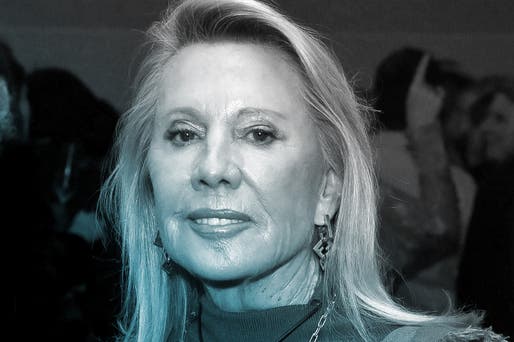
At Daylesford pubs and cottages, all run from 100 per cent renewables, reducing waste is essential, whether it’s turning spent coffee grounds into body scrubs, fermenting glugs of produce, or turning beeswax into beauty products.
Last November, she was a prominent voice in criticising the government’s controversial family farm tax, which she says will threaten farm sustainability.
Next year, she will host Daylesford’s inaugural Nature Summit, bringing together leaders across food, farming, fashion and sustainability to discuss important topics such as land stewardship and organic innovation.
14. Scott Tew
Scott Tew knows better than anybody the opportunities – and risks – inherent in fighting climate change. Tew is managing director of the Center for Energy Efficiency and Sustainability at Trane Technologies, one of the world’s largest industrial cooling and heating companies.
In a world in which record temperatures are being set every month, there is arguably no better position to be in than working at an air conditioning company. Tew is one of the environmental, social and governance (ESG) world’s most prominent corporate innovators, drawing large audiences when he discusses how companies need to develop sustainability cultures.
Trane is based in North Carolina but domiciled in Ireland, and its stock is among the best performers on Wall Street of any clean tech stocks of the last few years. It has continued its run so far in 2025, up more than 17 per cent through June. With 15 per cent of emissions coming from inefficient heating and cooling systems, and another 10 per cent from food transportation, Tew and Trane are in a strong position to influence how the world reacts to global warming, and how companies can prepare.
15. Stefania Di Bartolomeo
Stefania Di Bartolomeo is the founder of Physis Investment, a Boston-based asset manager with an all-woman executive team dedicated to making investing in the fight against climate change profitable and transparent.
A Harvard graduate who grew up in Italy, she became focused on sustainable finance in her early twenties after taking a call from an investor asking how her money, specifically, was making a difference.
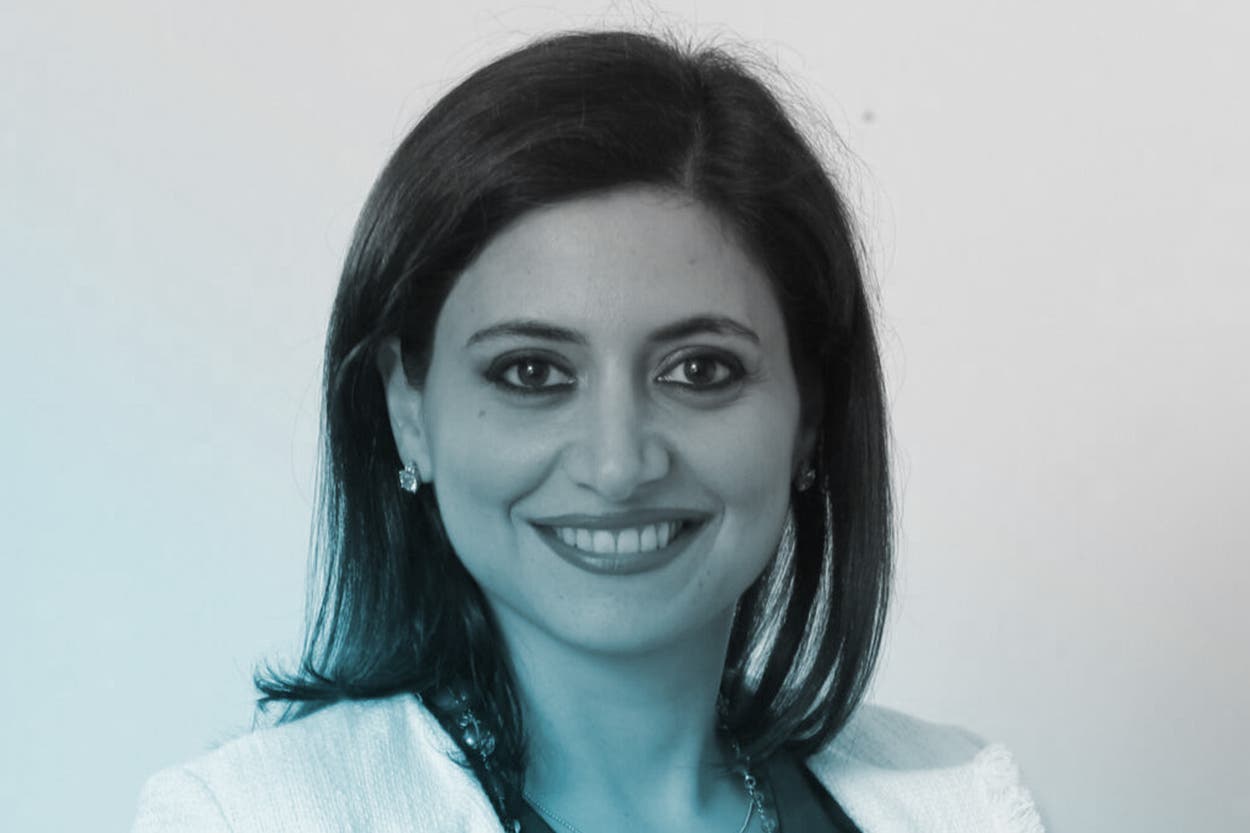
Di Bartolomeo conceived a software portfolio package that would show investors not just how much money they were making or losing on a stock, but also how that company uses money on things like water security, energy efficiency, corporate philanthropy, or to increase the number of women in its senior management ranks.
Physis, a fintech company whose name is Greek for nature or law of nature, is dedicated to advocating the position that there are important metrics to investing in companies beyond just profit and loss. Over the last year, it became one of the first sustainable investing companies to incorporate AI into its algorithm for picking stocks in a transparent manner that would benefit the environment and be good investments.
16. Nick Mabey

As the founder of global think tank Leading E3G, (which stands for Third Generation Environmentalism), Nick Mabey has been the CEO since 2006 and has steered the company in climate policy and diplomacy to work towards transitioning to a greener future. He was also an early adopter of the idea that the climate crisis poses serious risks to national and global security, back in the 1990s.
As part of this, he launched the annual London Climate Action Week event in 2019, in partnership with the Mayor of London, which is now held every June. Since then, it’s gone on to become one of the world’s largest independent climate-focused events.
He has also authored and co-authored several books and reports, including Argument in the Greenhouse: The International Economics of Controlling Global Warming back in 1996. He was awarded an OBE in 2022, for his climate leadership and role in supporting the UK Cop26 in Glasgow, where he served as a “Friend of Cop26”, advising the UK COP presidency.
17. Yvon Chouinard
Yvon Chouinard is one of the most influential businessmen in the climate world. A rock climber, environmentalist and philanthropist, he became a billionaire after founding Patagonia, the California-based maker of outdoor recreation clothing, in 1973.
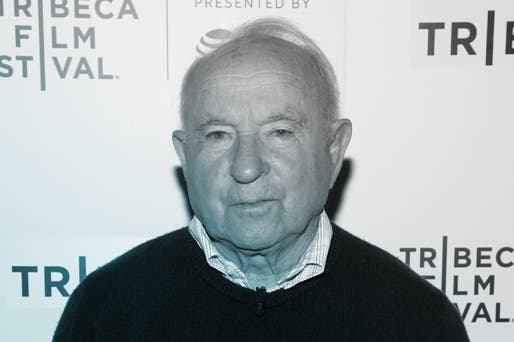
In 2022, Chouinard stunned both the environmental and corporate worlds by donating all of Patagonia’s investing stock (while keeping control of its voting stock) to a trust to ensure that future profits are used to address the climate crisis. Since then, the trust has directed more than $71m (£56m) to environmental causes, including a campaign in the last year to encourage its outdoor enthusiast customers to vote for climate candidates in local and national elections.
In the 1950s and 1960s, Chouinard was a well-known mountain and ice climber in Europe and the US, and started out making steel pitons (spikes) for climbing. In the 1970s, when he learned that the steel pitons were cracking the rock faces in Yosemite National Park, he changed the material to aluminium and, in the process, invented what is now called “clean climbing”.
18. Michael Bloomberg
Billionaire businessman Michael Bloomberg, former mayor of New York and founder of Bloomberg Philanthropies, has a two-pronged approach to fighting the climate crisis – policy advocacy and financial innovation.
During his 11 years as mayor, he reduced the city’s carbon footprint by 13 per cent. Since leaving politics, he has continued to call for the phasing-out of coal power and through Bloomberg Philanthropies, created a $500m (£372m) fund dedicated to closing coal plants and transitioning to cleaner energy sources.
In January, Bloomberg said his philanthropies arm would step in to cover US funding for the United Nations’ climate budget after President Trump said he would end the country’s international climate funding and withdraw from the terms of the Paris Agreement.
19. Kathryn Murdoch
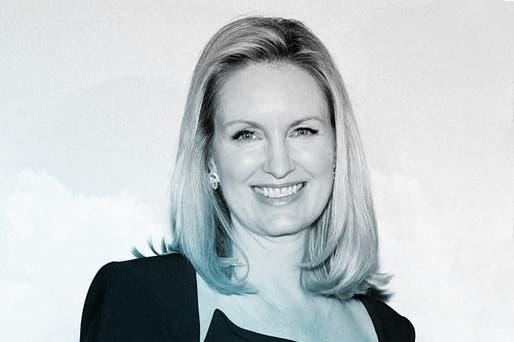
Kathryn Murdoch isn’t just funding climate action, she’s also playing a part in reshaping it and is able to push for systemic environmental change. As co-founder of the Quadrivium Foundation, along with her husband James Murdoch – son of media mogul Rupert – she backs science-backed initiatives that drive climate action, strengthen democracy, and promote ocean health. A former strategist at the Clinton Climate Initiative, Murdoch has spent over a decade pushing for better climate solutions.
She sits on the boards of the Environmental Defense Fund, Climate Central, and the Climate Leadership Council, informing high-level climate strategy. In 2023, she co-launched Futurific Studios to tell hopeful, solutions-focused stories about the planet’s future, including the PBS docuseries A Brief History of the Future, showing what a better world could actually look like.
NGOs, Non-Profits & Philanthropists
20. Jennifer Morgan
Jennifer Morgan has been a central figure in international climate policy for over two decades, contributing to the climate crisis response through activism, diplomacy, and leadership in global climate negotiations.
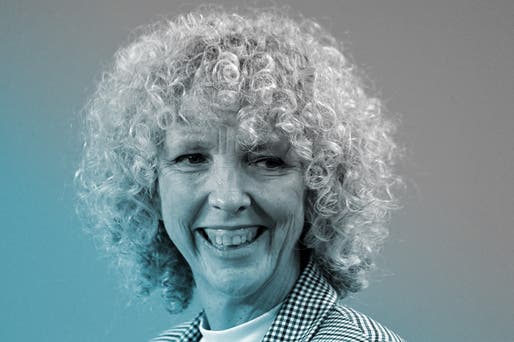
She became Germany’s special envoy for international climate action in 2022, the first person to hold the role, and now steers Germany’s climate policy on the world stage, where she’s working towards a faster shift to renewable energy sources.
She’s incredibly experienced in the sector and has held previous roles at some of the industry’s biggest hitters, including working at the Climate Action Network in the Nineties, leading the WWF’s Global Climate Change Program and then taking on the role of global climate change director for the think tank E3G.
She is also the former CEO of Greenpeace International. Recently, after protests at Cop29 in Baku, she spoke out about how she thinks the events are essential, as every country in the world has a seat at the table.
21. Bill Gates
Though best known for founding Microsoft and his philanthropy through the Gates Foundation, Bill Gates is pouring a significant amount of his time and wealth into tackling the climate crisis. He founded the investment firm Breakthrough Energy in 2015, which backs tech companies focused on climate solutions.
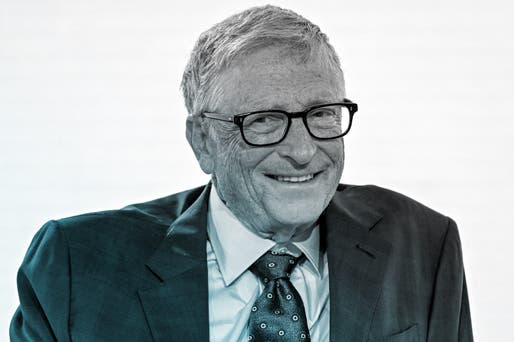
His approach to net zero is grounded in his tech world background. In an interview with Fortune he said “planting trees will not solve the climate problem” and added that “doing climate policy by brute force will not work either”.
He believes the answer is to “invest in new technologies for carbon removal, clean energy, and electric vehicles and to implement policies like carbon taxes that could fund future green technologies”. Over the past few months, Gates has tailored his climate efforts less toward investing, given the headwinds against climate action from the Trump administration, and more towards encouraging climate entrepreneurship to lay the seeds for future innovation.
In his 2021 book, How to Avoid a Climate Disaster, he outlined a comprehensive plan for reaching net zero emissions, emphasising the importance of global cooperation and innovation.
22. Rita Maria El Zaghloul
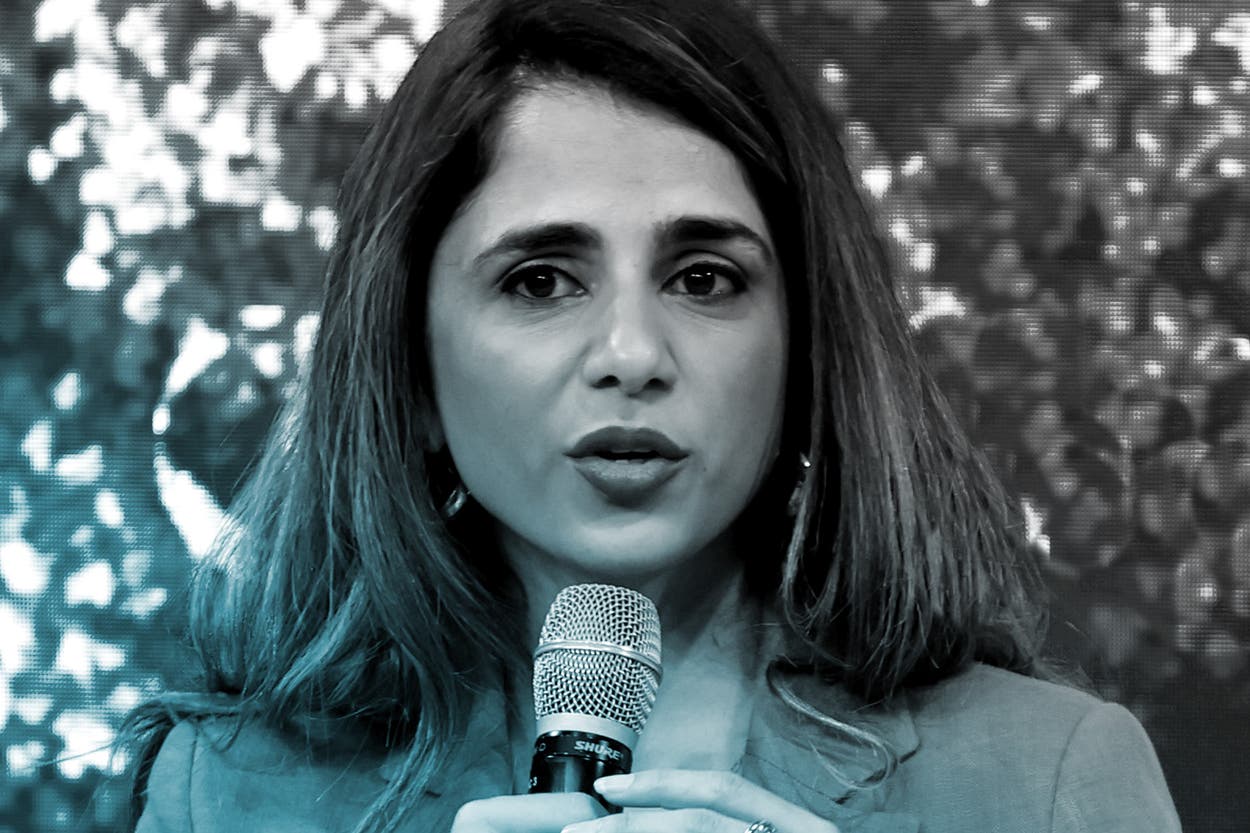
With just 17 per cent of the world’s land and a mere 8 per cent of its oceans under formal protection, the planet remains acutely vulnerable to biodiversity loss and ecological collapse. Rita Maria El Zaghloul is working towards changing that.
As the 2024 Earthshot prize winner in the Revive Our Oceans category, El Zaghloul is at the forefront of a global push to protect at least 30 per cent of the world’s land and oceans by 2030. She leads the High Ambition Coalition for Nature and People, an alliance focused on preserving carbon sinks, boosting ecosystem resilience, and halting destructive practices like illegal overfishing and the extraction of resources.
Under her, it has already secured support from over 120 countries, and now she’s pushing for accountability, ensuring commitments are turned into tangible action. Progress is visible though, as nearly 50 member states have begun strengthening conservation laws, like Chile’s expansion of marine protected areas to around 1.5 million square kilometres.
El Zaghloul’s work is essential for creating a coordinated defence of the planet’s remaining wild spaces, before they’re gone.
23. Alice Ruhweza
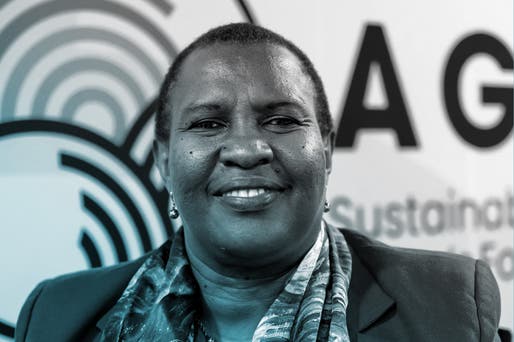
Alice Ruhweza is one of Africa’s most respected voices in sustainable development, with nearly three decades of experience working at the intersection of climate, agriculture, and economic policy. In March, she took on one of the most influential roles in African agriculture as president of AGRA (the Alliance for a Green Revolution in Africa), an organisation that drives climate-resilient and inclusive farming systems.
Her appointment comes at a critical time, as Africa faces the converging crises of climate shocks, food insecurity, and biodiversity loss. She previously led WWF Africa’s regional work on regenerative agrifood systems and spearheaded data-driven environmental policy as co-director of the Vital Signs Program at Conservation International.
At UNDP, she mobilised an estimated $1bn (£743m) for green projects in more than 40 African countries. Now at AGRA, Ruhweza’s focus is to champion homegrown solutions, empower smallholder farmers, and ensure Africa’s agricultural transformation is both just and ecologically sound.
24. Mithika Mwenda
Mithika Mwenda is the co-founder and executive director of the Pan-African Climate Justice Alliance (PACJA), a collection of more than 70 non-governmental organisations that have come together to address problems around the climate crisis.
Mwenda has worked in the climate sector for a decade and has a strong influence over climate policy. He advocates for sustainable solutions that are specifically tailored to the needs of African countries rather than those of the Western world, while also ensuring Africa’s development.
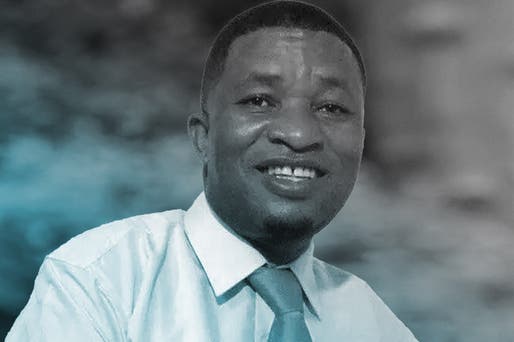
At Cop29 last year in Baku, Azerbaijan, Mwenda delivered a powerful appeal, rejecting the burden of loans on African nations and advocating instead for grant-based, equitable climate finance. He stressed the importance of justice for accessible, affordable funding for the communities who are most vulnerable to climate risk.
In 2023, the PACJA criticised the decision to appoint oil executive Sultan al-Jaber to lead Cop28, a move it called the “lowest moment” for the UN. In May last year, the PACJA hosted the UN Civil Society Conference in Kenya – the first time the event has been held there – as a precursor to the Summit of the Future at the UN in New York this month.
25. Ann Lee
Following the 2010 Haiti earthquake, which reached a magnitude of 7 and tragically killed more than 220,000, Ann Lee co-founded a crisis relief organisation, Community Organized Relief Effort (Core), along with actor Sean Penn.
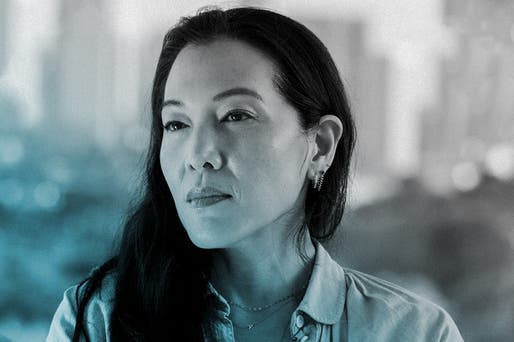
Lee has been the CEO since 2015, and has led the relief efforts across the world including, the Ukraine invasion, the Sudan War, Covid-19 Pandemic, Pakistan floods and Hurricane Helene.
She works on preparedness efforts with communities around the world to help them bolster against climate-driven disasters, such as watershed management, agroforestry, biodiversity protection, and soil conservation, where Lee and Penn often highlight the role human impact plays a part in the increasing disasters.
They work in disaster-prone regions like North Carolina which suffers from hurricanes and Northern California that’s prone to wildfires, working alongside local communities to strengthen infrastructure and reduce vulnerability to extreme weather exacerbated by climate change. Earlier this year, Core focused its emergency response efforts on the Los Angeles wildfire.
26. Boyan Slat
Boyan Slat is a Dutch inventor and entrepreneur who founded The Ocean Cleanup in 2013 when he was just 18 years old, after he went scuba diving off the coast of Greece and noticed more plastic in the ocean than fish.
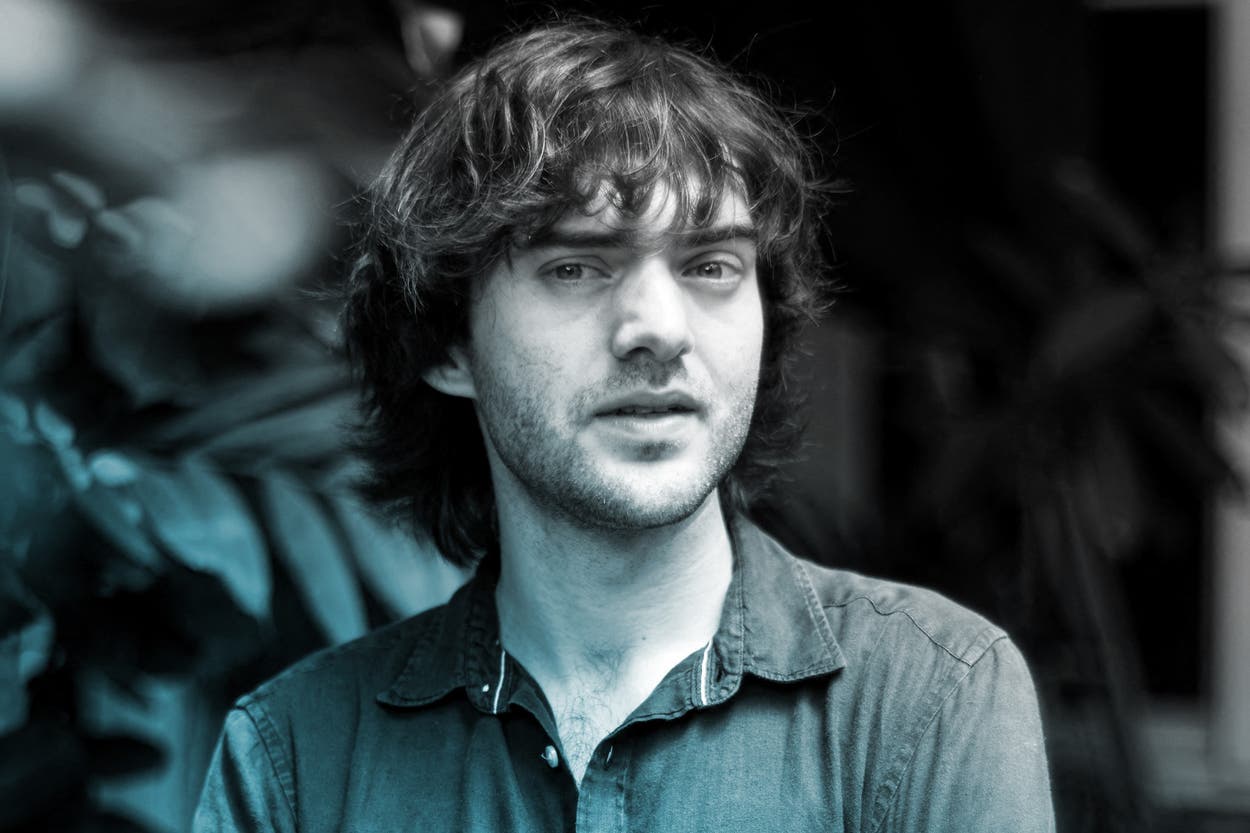
The project centers around a giant plastic tube with a thick nylon screen that can trap plastic as small as a millimeter in size but won’t ensnare any sea creatures.
Slat, now aged 31, recently announced a project that plans to stop some of the plastics entering the ocean in the first place. He will deploy the technology to the rivers of around 30 cities to catch plastic as it makes its way out toward the oceans.
The Ocean Cleanup, a non-profit based in the Netherlands, announced this past spring that it has captured more than 11.5 million tonnes of plastic this year, more than all the previous years combined.
27. Mafalda Duarte
Mafalda Duarte is executive director of the Green Climate Fund, which claims to be the largest multilateral climate fund in the world, with a portfolio of $18bn (£13.3) in approved funding for projects.
Born in Portugal, Duarte has spent her career working in more than 30 developing countries on climate projects. She also managed the Climate Investment Funds, a pool of more than $8bn being put to work in more than 70 developing countries. Before that, she worked at the African Development Bank and World Bank.
She recently spoke about the potential for Brazil to play a major role in developing climate finance and is expected to be a key player at the United Nations climate summit, Cop30, in Belem, Brazil in November.
28. Inger Andersen
Inger Andersen is a Danish economist who leads the United Nations Environment Programme (Unep). Her recent achievements include leading global negotiations on plastic pollution, which have been moving ever closer towards an international, legally binding deal to tackle a burgeoning global problem, both for the environment and public health. However, negotiations have failed in the past few months to finalise a treaty. Europe wants to reduce the creation of plastic, while oil states such as Russia want to increase recycling programmes instead.
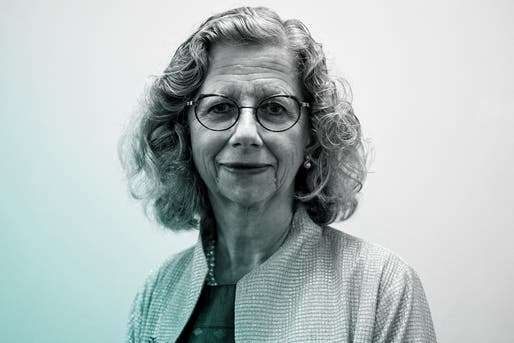
“To stop plastic pollution, we need to start at the start and end at the end,” she said at an event last year. “This means crafting an instrument that ensures we use fewer virgin materials and less problematic plastic. That we design for circularity. That we use, reuse and recycle resources more efficiently. This is the instrument we need to protect human and ecosystem health – while ensuring a just transition and space for the private sector to thrive in a new sustainable economy.”
Though there have been deadlocks, there’s hope to regroup to review the treaty.
29. Juan Carlos Jintiach
Ecuadorian-born Juan Carlos Jintiach has dedicated his life to ensuring indigenous communities’ voices are heard on the frontlines of the climate movement. He is a member of the Shuar People of the Ecuadorian Amazon, and is calling for world leaders to listen to them, emphasising that the crisis stems from a broken relationship with nature and says indigenous people’s knowledge is integral to the solutions.
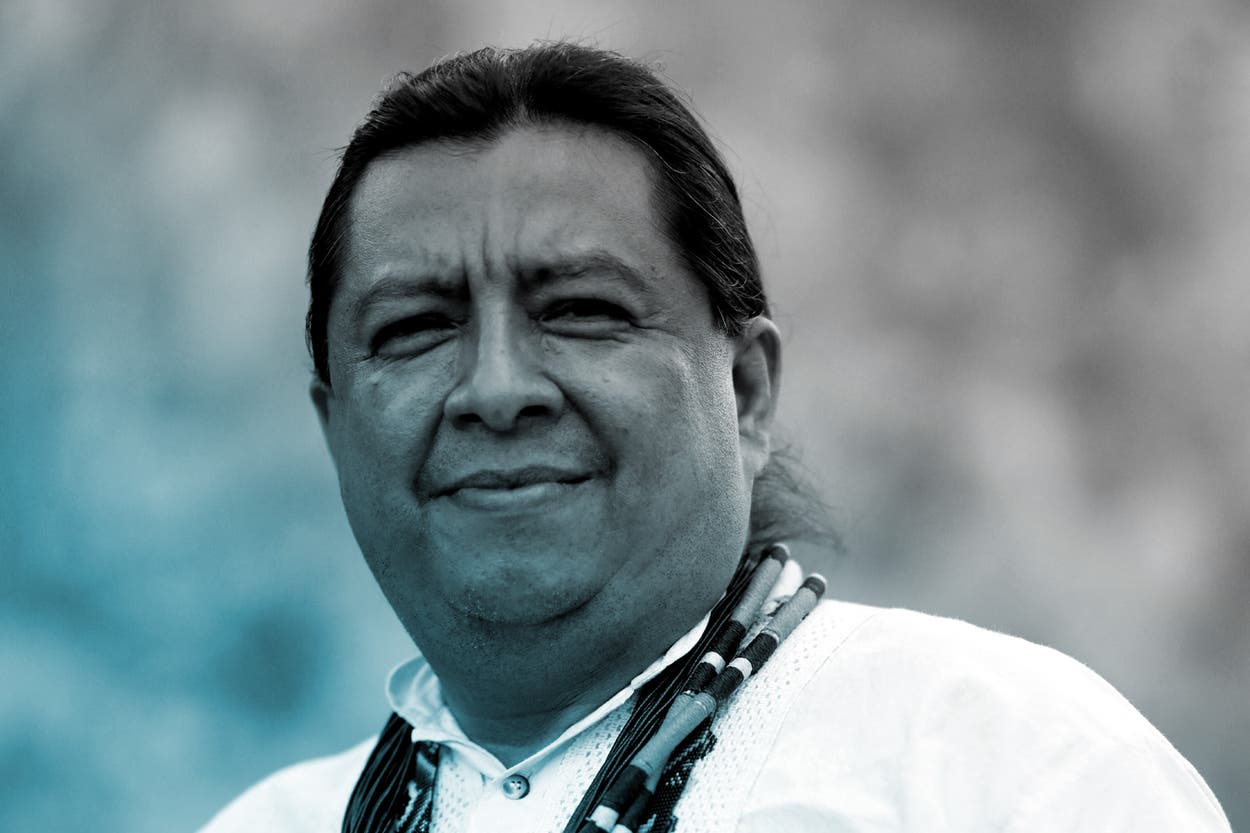
As executive secretary of the Global Alliance of Territorial Communities (GATC), he represents 35 million people managing vast swathes of forests across 24 countries in Asia, Africa and Latin America. He believes Indigenous communities are the best stewards of their territories, having lived in harmony with nature for generations.
The GATC have established Shandia, which is a platform that is dedicated to supporting and directing Indigenous funds, and ensuring accurate tracking of them. He is also a technical adviser for the Coordinator of Indigenous Organisations of the Amazon Basin (COICA), a major Amazonian Indigenous federation. For his work, in 2023 he was shortlisted for the Nobel Peace Prize.
30. Dame Lisbet Rausing
As heiress to Sweden’s Tetra-Pak business, a science historian, co-founder of philanthropic foundations Arcadia and the Lund Trust, and a landowner in Scotland, Dame Lisbet Rausing has many strings to her bow. Collectively, they all play a part in her environmental work.
Dame Lisbet owns the 57,000-acre Corrour Estate in the Scottish Highlands, and since 2015 has worked on environmental projects including deer management, planting native woodlands, restoring peat bogs and reintroducing red squirrels.
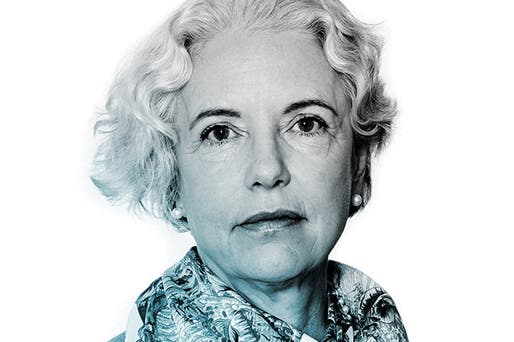
The Arcadia Fund, which Dame Lisbet co-founded, has donated more than $1.3bm (£996m) to environmental causes and this year received a damehood for her philanthropic work.
Last year, Corrour Estate joined Loch Abar Mòr, a nature preservation partnership that already included the National Trust for Scotland, Glenaladale Estate, The Woodland Trust, Glen Nevis Estate and the Nevis Landscape Partnership. Together, they will restore a large part of the Lochaber area in the Highlands to make it more ecologically diverse and so more resilient to the effects of the climate crisis over the next 50 years.
31. MacKenzie Scott
An author and philanthropist, MacKenzie Scott is still perhaps best-known for who she used to be married to – Amazon founder Jeff Bezos. But since 2019, she has emerged as a major force in environmental giving.
She has given $19.2bn (£14bn) via more than 400 grants in the past five years, including almost 200 grants worth $2bn last December alone.
Scott has donated $15m to Global Fishing Watch, an independent nonprofit that creates and shares data on the ocean to increase the transparency of fisheries and help improve marine resilience. She has also donated $20m to Blue Ventures, which supports coastal communities and small-scale fishing operations.
Scott’s approach to funding is unique: her grants are “unrestricted”, which gives organisations more autonomy and helps empower grassroots groups living and working on the frontline of environmental issues.
32. Rena Lee
As Singapore’s Ambassador for Oceans and Law, Rena Lee advocates for the vital but often overlooked relationship between ocean health and climate. Her work shows ocean governance is essential to climate resilience to protect the planet’s largest, yet most neglected, climate regulator, the ocean.
Lee played a pivotal role in the landmark United Nations High Seas Treaty in 2023, the first-ever international agreement to protect biodiversity in international waters, covering nearly two-thirds of the world’s oceans. This treaty represents a major breakthrough, enabling the creation of protected marine areas beyond national jurisdictions and offering a lifeline to the ocean’s ability to regulate the climate. For her work on this, she was recognised as one of Time‘s 100 most influential people.
In late 2024, she spoke at the International Court of Justice, urging world leaders to take their legal duties on climate change seriously.
33. Helen Clarkson
After tackling humanitarian crises while working for Médecins Sans Frontières in countries including Sudan and Pakistan, Helen Clarkson moved her career focus to the planet’s wellbeing.
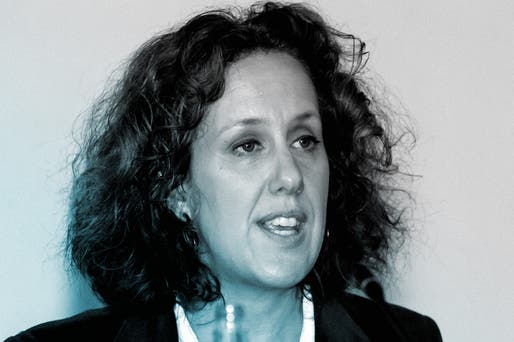
Now she’s the CEO of the Climate Group, a non-profit driving businesses towards net-zero emissions, which also runs the annual Climate Week event, held every September in New York. Clarkson is responsible for taking Climate Week from its humble beginnings in 2009 as a panel discussion to the globally important, myriad of events it is now. She advocates for systemic change, pushing for ambitious climate policies and fostering collaboration between businesses and governments.
Clarkson emphasised that energy affordability and climate action must be addressed together. In 2022, she was awarded an OBE for services to environmentalism and supporting the UK’s presidency of Cop26.
Food & Agriculture
34. Doug McMaster
Claiming to be the world’s first zero waste restaurant is a lofty claim, but it’s one that owner and chef Doug McMaster can attain to as there aren’t bins in his restaurant.
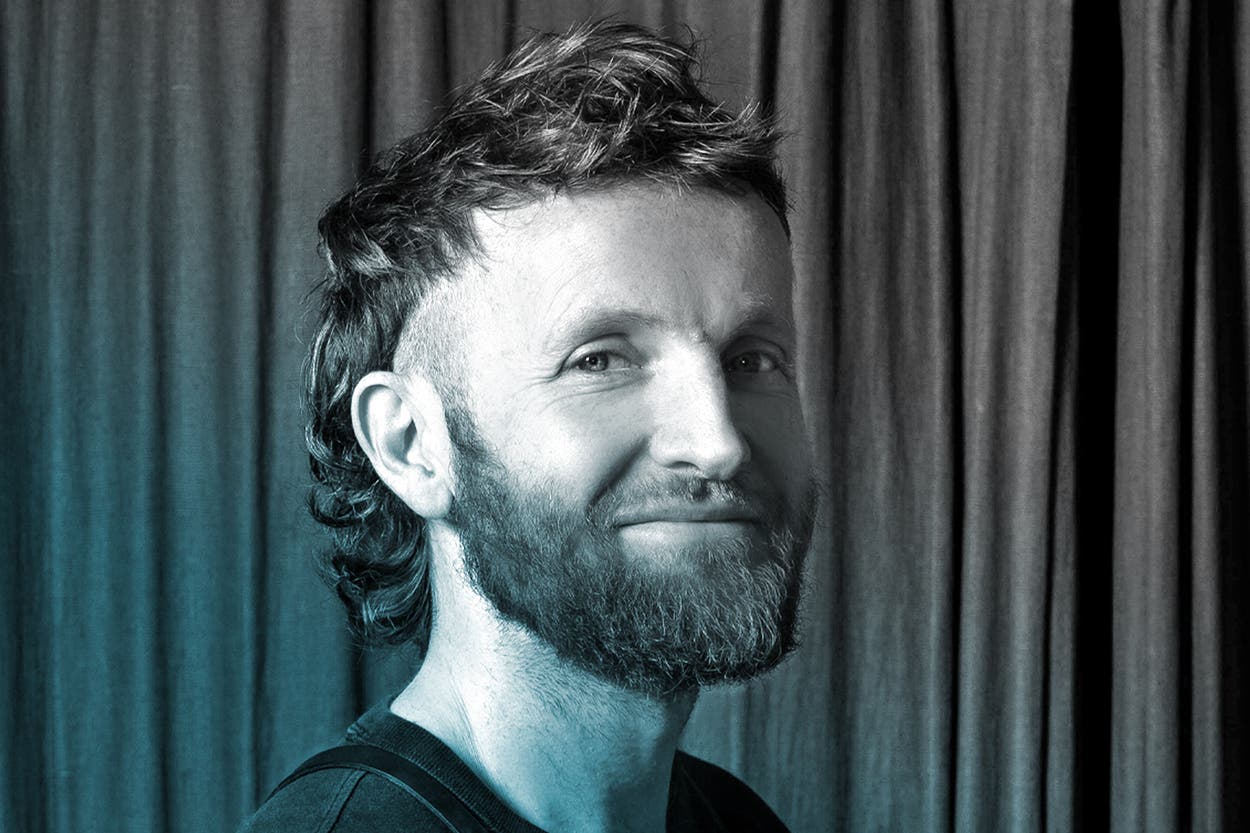
Silo first opened in Brighton in 2014, and later moved to east London’s Hackney Wick. Everything in the restaurant is reused or recycled. Beyond the food, the furniture is upcycled or recycled and tables are made from recycled plastics too.
His most recent project is using koji, a traditional Japanese mould, to ferment hard-to-reuse food scraps giving them new life to produce misos and fermented sauces like shoyus and garums, which can be used as flavour enhancers for dishes in the restaurant.
McMaster’s work is not just about food, it’s about creating a scalable solution to hospitality’s food waste and he’s a pioneer in how waste can be drastically limited and reused within the industry.
35. Chantelle Nicholson
One of just 36 UK chefs awarded a Green Michelin Star, Chantelle Nicholson is a leader in regenerative practices in the food world. At her Mayfair restaurant Apricity, her regenerative ethos runs through everything, as Nicholson believes in going beyond simply “sustaining” to actively regenerating.
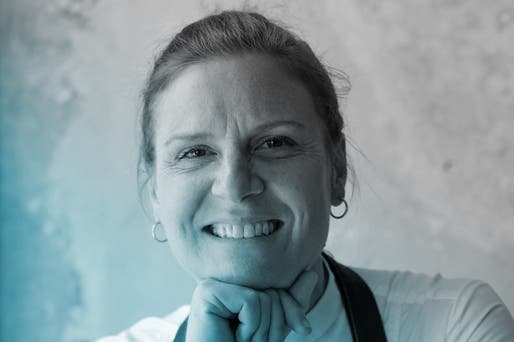
She’s a powerhouse for championing seasonal and local produce, innovatively minimising food waste and excess packaging, and avoiding unnecessary energy use, down to details like using rechargeable candles instead of single use and switching off unused fridges, preventing energy waste, which is rife in busy working kitchens.
This year Nicholson is expanding her vision and branching out from London with a new project, Fjora a restaurant in the 1 Hotel in Copenhagen. It follows her regenerative ethos with a Nordic-inspired menu that’s deeply rooted in her connection to nature.
36. Caroline Bennett
After struggling to source sustainable and ethically caught fish for her sushi restaurant, Moshi Moshi in London’s Liverpool Street station, Caroline Bennett took a leap of faith, and did it herself.
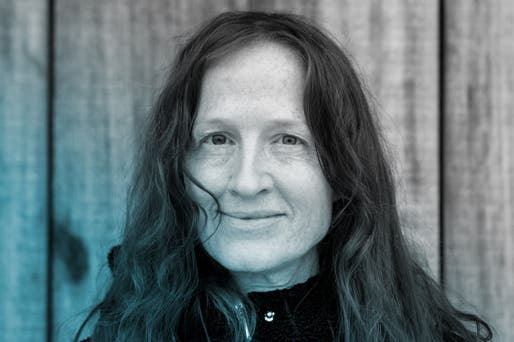
Setting up Sole of Discretion in 2016, an ethical online fishmonger, she connected the dots between fishers in Plymouth harbour with not only her London restaurant, but also people at home who could buy quality British fish, knowing exactly where it came from. Supporting small-scale, low-impact fisheries, she works with small day boats that don’t have the same damaging impact on the ocean as industrial boats do. Each fish is traceable, labelled with information on where it was caught, the method, the name of the skipper and the boat, as for too long, all of this information was lost at port.
This year, she’s working with Scottish charity, Open Seas, on its #DivedNotDredged Campaign, which is amplifying the intense desolation dredgers cause to the ocean bed, which can take up to 10 years to recover after just one dredge. Instead it champions the far less impactful hand-dived scallops. It also reflects the important message of Sir David Attenborough’s seismic documentary Ocean, which focuses on this very issue.
37. Andy Cato
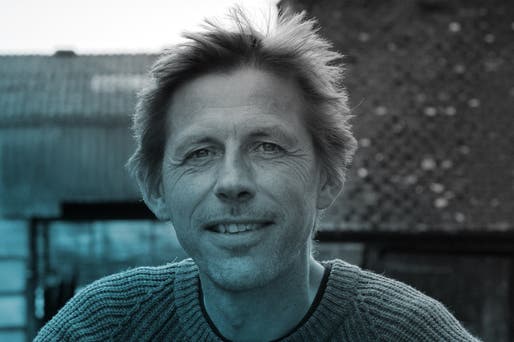
Andy Cato, former electronic musician and half of Groove Armada, made an unexpected shift from music to farming almost two decades ago. After selling his music rights, he bought a farm in France and became deeply invested in soil health, biodiversity, and access to better food systems. This led him to become a voice for regenerative agriculture, where he advocates for the importance of farming regeneratively, looking after soil and water health, and food security.
Cato brought this message to a mainstream audience through a guest appearance on Clarkson’s Farm, where he successfully encouraged Jeremy Clarkson to trial regenerative practices, which he’s continued.
In 2018, Cato co-founded Wildfarmed with former broadcaster George Lamb and finance expert Edd Lees. The company now works with over 150 farms across the UK and France, all adhering to a set of agreed regenerative methods Wildfarmed laid out, including maintaining crop cover, integrating livestock, and avoiding synthetic pesticides.
Wildfarmed produces flour and bread for both wholesale and consumers, aiming to make regenerative food systems affordable and accessible to all, and so is available in supermarkets. Their work blends innovation, ecological responsibility, and social equity in the quest for a healthier food future.
38. Dr Mariangela Hungria
Dr Mariangela Hungria, a Brazilian agronomist and microbiologist, was named the 2025 World Food Prize Laureate, an honour often referred to as the Nobel Prize for Agriculture. The award recognises her four decades of pioneering research into biological nitrogen fixation (BNF) as a sustainable alternative to synthetic nitrogen fertilisers.
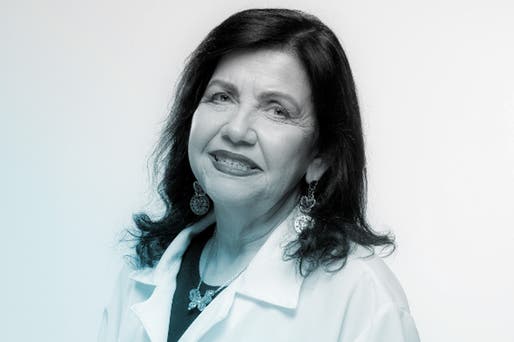
Working with Brazil’s Embrapa (Brazilian Agricultural Research Corporation), Dr Hungria has developed innovative microbial inoculants that enable crops, particularly soybeans, beans, and other legumes, to naturally absorb nitrogen from the atmosphere. Her work has transformed tropical agriculture, improving soil health, reducing input costs, and minimising environmental damage.
Today, her BNF methods are applied to more than 40 million hectares of Brazilian farmland, saving farmers up to $40bn (£30bn) annually and avoiding more than 180 million metric tons of CO2 emissions each year. Her research also supports global climate goals by reducing dependence on fossil fuel-derived fertilisers and increasing long-term agricultural resilience.
39. Vandana Shiva
A former physicist, Dr Vandana Shiva became an activist in the 1970s and has gone on to focus her work on protecting seeds and food sovereignty, which she’s regarded as the leading voice on. She famously campaigned against laws that would prevent farmers saving, sharing, or replanting seeds, which would give big corporations ownership of seeds and destroy traditional farming. To protect them, she set up more than 150 seed banks in India.
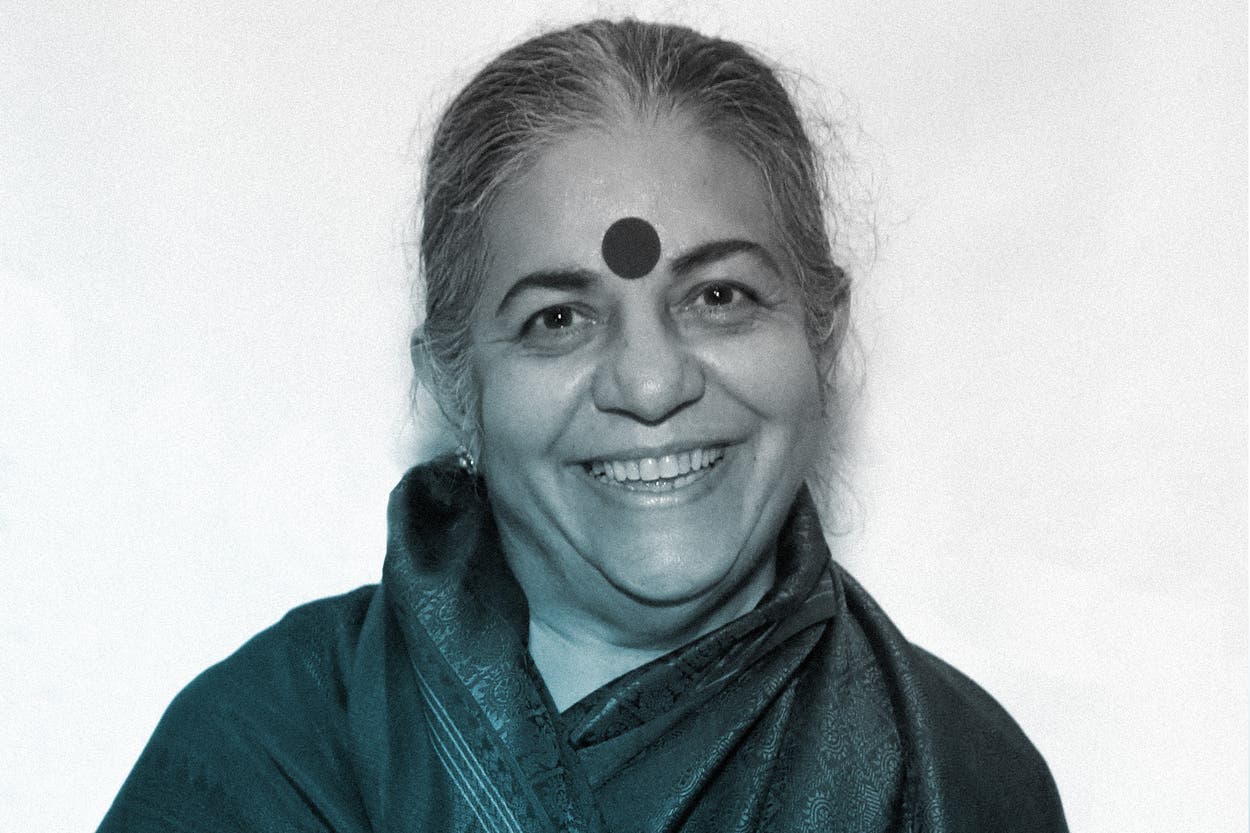
In her work, she also advocates for ecology, environmentalism and eco-feminism – a branch of the movement that combines feminism with political ecology. A key part of that is the “invisible” work women do that goes unnoticed, but is key to protecting the environment, such as water collection.
She believes an intersectional approach is key to climate adaptation and justice, which she sees as a biodiverse women and community-led approach to agriculture, especially in more climate-vulnerable regions. To promote this, she set up her own NGO, Navdanya.
40. Nidhi Pant
Combating food waste, rural poverty and gender inequality – three of the Indian farming community’s biggest issues – is S4S Technologies, which was co-founded in 2013 by Nidhi Pant and six university friends.
It creates pioneering solar-powered dehydrators, which are used to prevent food waste. By drying food out without using electricity, it enables rural smallholder farmers to financially benefit from being able to sell their entire crop. Previously around 30 per cent could be lost due to bad weather, being misshapen or market price fluctuations. It’s a life-changing move for rural farmers living in poverty.
Since it began, S4S Technologies has helped provide sustainable incomes for around 300,000 rural farming women across 400 villages, vastly improving gender inequality in the process. Pant was awarded the Earthshot Prize in 2023 by Prince William. The team has prevented 60,000 tonnes of food waste and averted 300,000 tonnes of C02 emissions.
41. Sean Sherman
Chef Sean Sherman, a member of the Oglala Lakota Sioux tribe, wanted to preserve his own heritage, so he founded The Sioux Chef, which promotes food sovereignty and educates others on Indigenous cultures and the importance of their environmental stewardship.
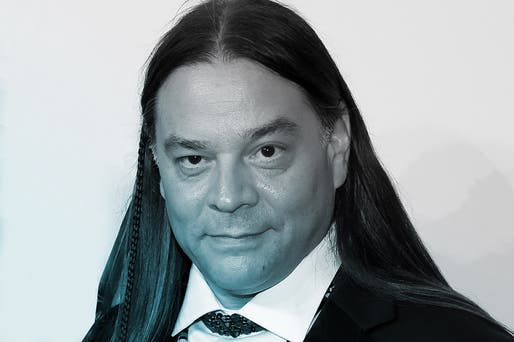
His ethos is to source local, wild and heirloom ingredients and follow the sustainable practices that Indigenous communities have used for generations.
This November, he’ll be publishing his latest cookbook, Turtle Island, which is the Indigenous name for North America. He’s also working on a new hub for indigenous food culture, Wóyute Thipi (meaning ‘foodbuilding’ in the Dakota language), which is set to open in Minneapolis later this year.
In 2021 Sherman and restaurateur Dana Thompson founded the restaurant Owamni (which translates to the place of falling, swirling water) in Minneapolis. The following year, it won the James Beard Award for Best New Restaurant. It’s mostly staffed by Indigenous people and serves Indigenous dishes without ingredients introduced by Europeans, such as butter and sugar. Since 2023, it has been run as a non-profit. For his work, Sherman won the prestigious Julia Child Award in 2023.
Activists
42. Pua Lay Peng
Nicknamed the Erin Brockovich of Malaysia, former chemist Pua Lay Peng became an activist after realising her community in Jenjarom, in the state of Selangor, was suffering from the devastating effects of the increased amount of plastic being illegally dumped there.
The crisis escalated after China banned plastic waste imports in 2018. Illegal plastic recycling factories opened, emitted toxic fumes with an acrid smell in the air, polluted waterways, and left residents suffering from respiratory issues and fatigue.
To combat it, she co-founded the Kuala Langat Environmental group (Persatuan Tindakan Alam Sekitar Kuala). Peng has rallied everyone in the community to push for action from local authorities, and has even faced death threats for it.
She’s been successful in shutting down more than 300 illegalrecycling factories by visiting sites, filming it and posting it to YouTube, but more are beginning to reappear again. They’ve improved both the air and water quality and empowered communities to succeed in regional action, not only in her community but across the country too.
43. Ayisha Siddiqa
At just 26 years old, Ayisha Siddiqa has achieved a lot as a climate justice and human rights advocate. She campaigns for Indigenous people’s rights and the rights of women, who she recognises are disproportionately affected by floods and other devastation caused by the climate crisis.
Born in Pakistan, she moved to Brooklyn as a child, and believes solutions to the crisis are too often developed from a global North perspective, which doesn’t work for many of the countries worst affected.
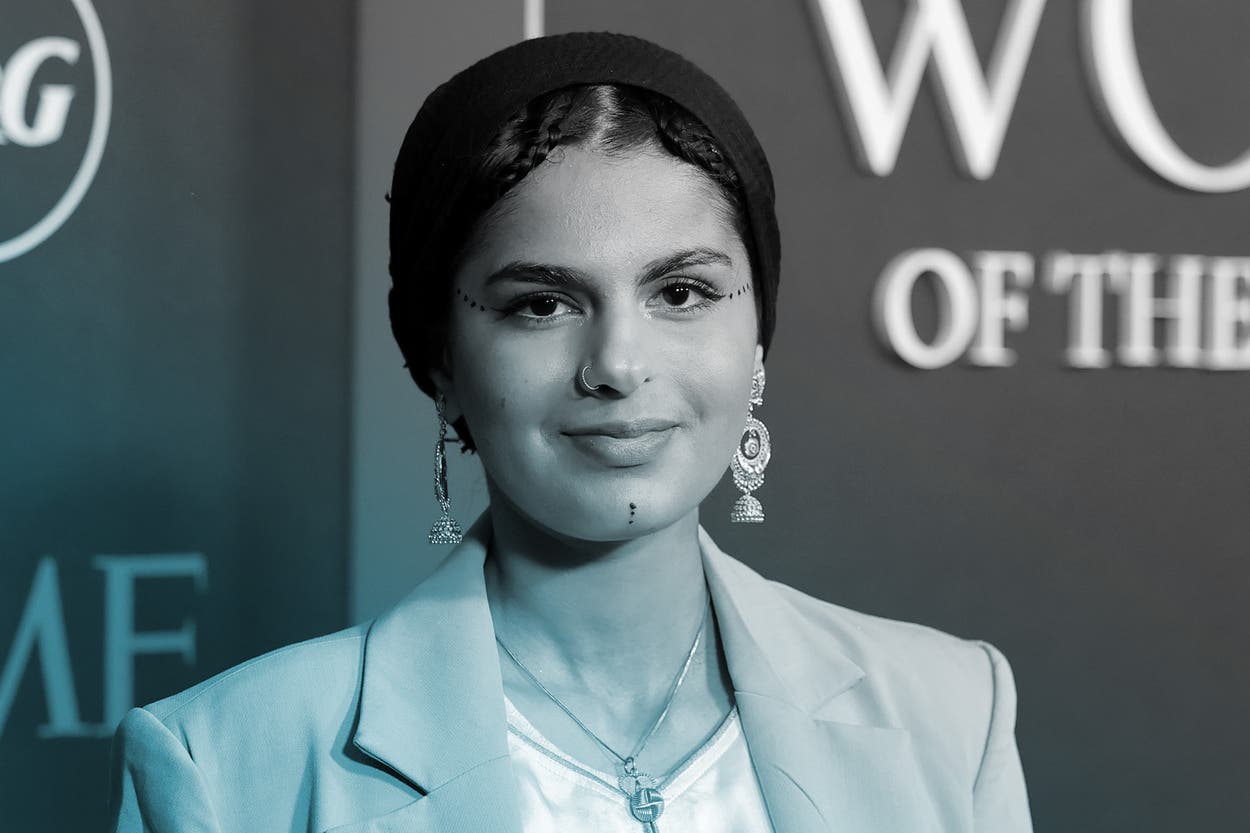
At just 14, she saw the effects of climate change not only on the environment, but also on humans, after family members in Pakistan became ill from polluted river water. This led her to get involved in climate activism, and she went on to found her university’s branch of Extinction Rebellion in 2019 and lead a strike involving 300,000 people. In 2020 she co-founded Polluters Out, a global youth movement, and helped create an activist training course, the Fossil Free University.
She is also a climate advisor to the UN secretary general and UN youth envoy. This year she’s studying law at UCLA in Los Angeles, where she’s gearing up to tackle the climate crisis not just in the streets, but in the courtroom, to push for systemic change.
44. Bill McKibben
Author, environmentalist and activist Bill McKibben has been a key climate protest organiser for decades and has made many contributions to the fight, including being awarded the Gandhi Peace Award in 2013. In 1989, he wrote The End of Nature, which is widely recognised as the first book for a general audience about climate change and is still in print in 24 languages.
This year, his key driving message is that solar energy is the path to a greener future, and is pushing for the clean energy source to be more widely adopted. He has organised the inaugural Sun Day, a national day calling for action, on 21 September, chosen as it’s one of two solar equinox days. It’s also the subject of his new book, Here Comes the Sun: A Last Chance for the Climate and a Fresh Chance for Civilization, published this month.
He co-founded the global grassroots organisation 350.org in 2008, which aims to end our reliance on fossil fuels. The name is an ode to climate scientist James Hansen, who warned that any atmospheric concentration of carbon dioxide above 350 parts per million (ppm) was unsafe. Currently, the planet’s concentration is over 420ppm. In 2021, he founded Third Act, an activist group for older environmentalists, with the support of big names including Vermont senator Bernie Sanders and Jane Fonda.
45. Greta Thunberg
Aged just 22, Greta Thunberg has dedicated her life to the climate crisis and already achieved what other activists have struggled to do by bringing the severity and urgency of the climate crisis into homes across the world. So impactful has she been, it’s been dubbed the “Greta effect”.

To reduce her carbon footprint, she became vegan and refused to travel by aeroplane, aged just eight. In 2018, Thunberg inspired a global movement after holding her first school climate strike outside the Swedish parliament, which called for the end of reliance on fossil fuels. She was just 15 and inspired thousands of students around the world to join her Fridays for Future strikes.
Since then, she’s consistently called out world leaders in her sharp speeches for their inaction on climate change, including last November when she protested Cop29 being held in Baku, Azerbaijan, saying the authoritarian petrostate was given a chance to greenwash its human rights abuses.
Thunberg was nominated for the Nobel Peace Prize every year between 2019 and 2023. In 2019, she became the youngest person to be named Time magazine’s Person of the Year. In 2022, she published The Climate Book, a “book of the year” for many top publications. She has also inspired others with Asperger’s (which she calls her superpower) to feel included and take a stand.
Since finishing her schooling in 2023, Thunberg ramped up her activism, including in the past year in support of Gaza. Last year, she was acquitted of charges of blocking an oil conference. After the verdict, she said: “We must remember who the real enemy is.”
46. Nemonte Nenquimo
She is the first woman president of the Waorani people of Pastaza and co-founder of the Indigenous-led, non-profit organisation, Ceibo Alliance, which is the first of its kind between four ancestral nations within Ecuador, Peru and Colombia.
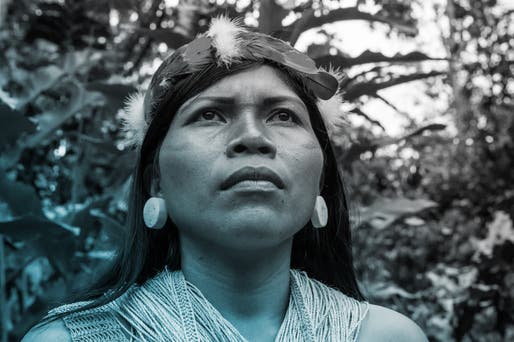
She won a case against the Ecuadorian government in 2019, protecting half a million acres of Waorani ancestral land in the Amazon rainforest from oil drilling. It set a landmark legal precedent to protect a further seven million acres from planned oil auctions. But now, it’s under threat once again.
She told The Independent last year: “I’ve often thought that it must be easy to destroy what you don’t understand,” which is why she co-wrote her debut book last year, We Will Not Be Saved, with her husband Mitch Anderson. The memoir is one of hope and resistance and was well reviewed by critics.
She was the first Indigenous woman to be included on the Time 100 list, and she was one of six environmental leaders to be awarded the Goldman Environmental Prize. In 2020, the United Nations Environment Programme awarded her its Champions of the Earth award in the category Inspiration and Action.
47. Neeshad Shafi
Qatar regularly experiences some of the world’s highest temperatures, which regularly hit 44C, but can reach as high as an unbearable 50C.
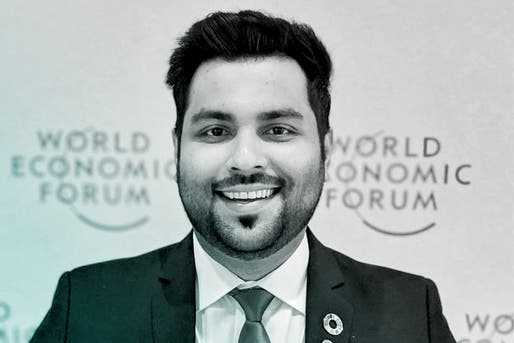
As co-founder of the Arab Youth Climate Movement Qatar (AYCM), Neeshad Shafi has created a first-of-its-kind study on public perceptions of climate change in his home country, as he says “global warming” is over and the period of “global boiling” has begun.
Through his work, Shafi attempts to change the minds of the proportion of people in Qatar who don’t believe in the climate crisis, by showing them how the effects will impact them. One of the biggest battles Shafi has faced is some people’s belief that they can’t do anything to help change the situation, and countering that view is a major focus for him. In June this year, he was involved in the Doha Climate Talks, which focused on demanding action to address the crisis.
48. Julia Olson
Julia Olson is the founder and executive director of Our Children’s Trust, a not-for-profit law firm which empowers young people to hold governments accountable for their climate inaction.
It has won several landmark cases against state and local governments over the right to a healthy environment, including high-profile cases suing the US government for prioritising fossil fuels over ensuring a safe climate for future generations. Cases have been won across Montana, Colombia, Germany, and South Korea.
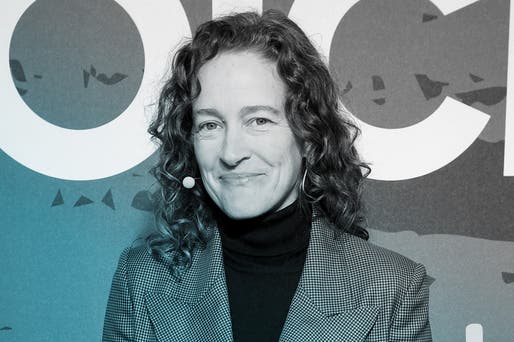
Last year, the US Supreme Court rejected a petition to review a constitutional climate lawsuit against the US government after a lower court rejected it. Attorneys in the case of Juliana vs United States vowed to fight on in other legal avenues.
Olson, an attorney, founded the trust in 2010 while pregnant with her second child and after watching Al Gore’s climate documentary, An Inconvenient Truth, where it dawned on her that future generations could be left with a near-devastated world without drastic action.
49. Wawa Gatheru
Kenyan-American climate activist Wawa Gatheru is the founder of Black Girl Environmentalist, which supports women of colour and gender expansive people. Its aim is to create a representative and inclusive climate movement, and to champion Black women as the leaders they already are. It is now one of the biggest Black youth-led climate organisations in the US, making her a powerful voice for underrepresented communities.
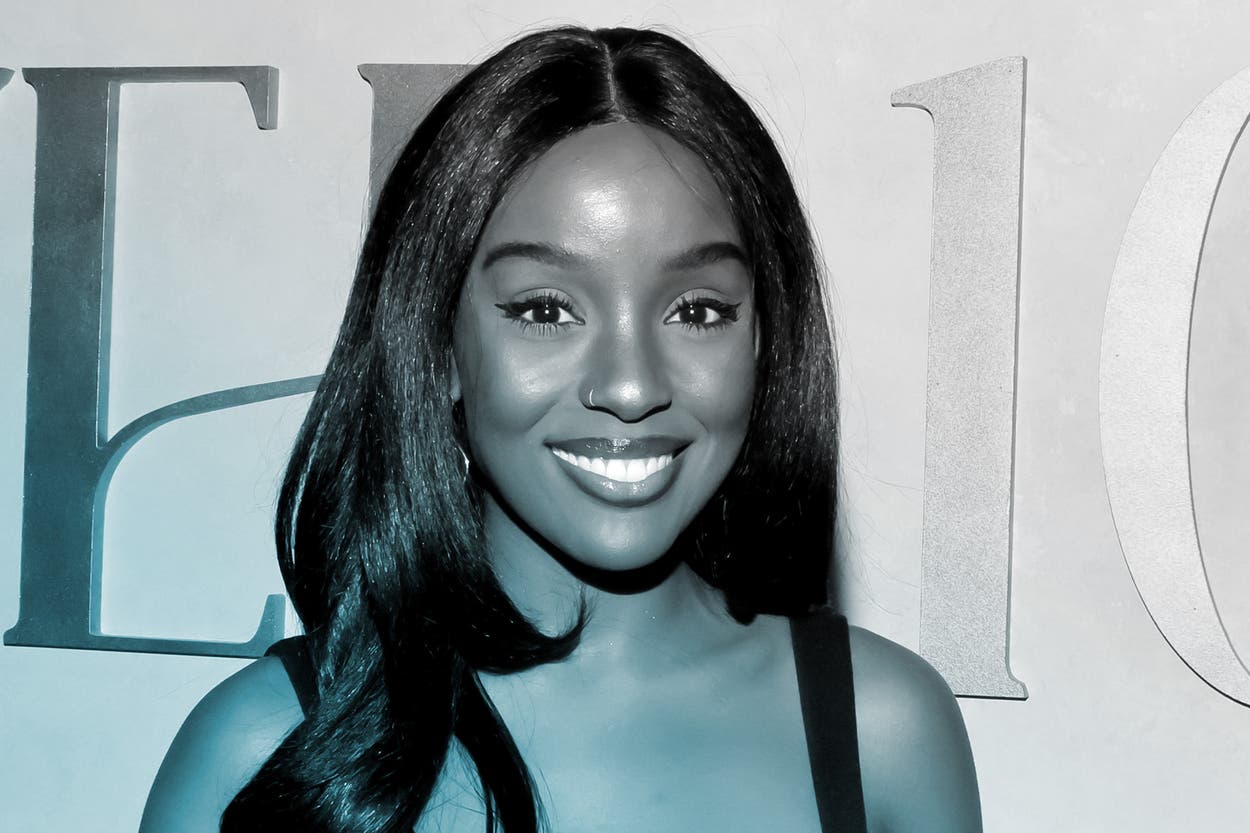
Last year, she spoke at The Independent’s inaugural Climate 100 event and told the audience, “There’s no such thing as a perfect environmentalist,” hitting back at the idea that people who care about the climate crisis must be perfectionists.
She was aware of the climate crisis while growing up, but came to the realisation that those most affected by it – people of colour – were generally not the same people making the decisions. She saw that the narrative for people of colour was more likely to be “victim” than “problem solver”, and also recognised that women had even less of a voice. Instead, she works to ensure Black voices are also at the centre of the climate movement too.
50. Desmond Alugnoa
Climate activist and co-founder of the Green Africa Youth Organization (GAYO), a Ghana-based NGO, is Desmond Alugnoa, who is tackling waste, air pollution, and environmental injustice. In 2024, GAYO won the Earthshot Prize in the “clean our air” category for its Zero Waste Model, an innovative community-based system that reduces landfill use, stops open waste burning, and creates dignified green jobs for waste workers.
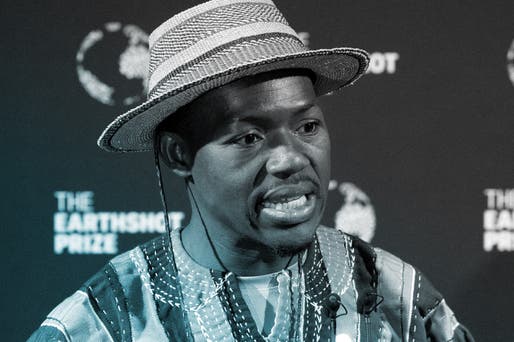
The organisation’s work not only improves public health and air quality but also helps build local, circular economies and climate-resilient communities.
The Earthshot recognition came with £1m in funding to scale the project, and Alugnoa is aiming to reduce air pollution by up to 70 per cent and divert thousands of tonnes of waste by 2030.
51. Raoni Metuktire
Spending his lifetime protecting the Amazon, the chief of Brazil’s Kayapo tribe, Raoni Metuktire is now 93 years old, and hasn’t slowed down yet. One of Brazil’s most influential people, he’s often referred to as the most effective protector of the Amazon, yet growing up following a nomadic lifestyle in the Amazon, he didn’t encounter the outside world until age 22.
Even a decade ago, as reported by The Independent, Metuktire said the developed world was intent on “destroying everything” and urged its citizens to fundamentally change the way they think. At last year’s New York Climate Week, he called on global leaders to reflect on their responsibilities to help end extractive and illegal mining and logging, which are making way for increasing droughts and wildfires.

He became famous after campaigning with pop star Sting (also in this list) and his wife Trudie Styler in the late 1980s, to prevent hydroelectric dams being built on the Xingu River, a major tributary of the Amazon.
His memoir, Memórias do Cacique (The Chief’s Memoirs) was published in July, where he claimed Brazil’s previous right-wing president, Jair Bolsonaro, wanted to exterminate the country’s Indigenous people. This year, he met with Brazilian president Luiz Inácio Lula da Silva and warned him of the devastating effects of oil drilling. Here, Metuktire was also awarded the Grand Cross of the National Order of Merit, Brazil’s highest civilian honour, recognising his lifetime of defending the environment and Indigenous rights.
Entertainment, Royalty & Sport
52. Billie Eilish
Multi-award-winning singer-songwriter Billie Eilish is the epitome of a Gen Z’er using their platform (she has a whopping 125 million followers on Instagram alone) to spread their message.
As a vegan since the age of 12, she ensures that only vegan food is sold at her gigs, though this has been controversial lately for some fans. She also asks the venues to encourage fans to come with reusable water bottles and makes sure there are refill stations to avoid plastic waste.
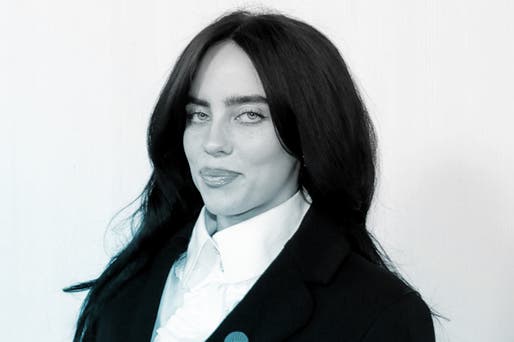
She ran her own climate event, OVERHEATED, in both London and Berlin this year, and will be debuting in the US soon. It’s based on the 2022 documentary she released of the same name, and brings together activists, musicians and designers discussing the biggest issues surrounding the climate crisis and calling on people to take action.
At her concerts, she also has “Eco Villages”, which is described as a hub to raise awareness of the climate crisis, and inspires fans to connect with environmental groups, learn more about a plant-based diet and to understand the detrimental effects of fast fashion.
53. Don Cheadle
Actor and Goodwill United Nations Ambassador Don Cheadle has previously asked, “What is more important than food and clean air?” Such a simple sentence, which gets to the crux of what we’re fighting for, serves as a simple reminder of the key issues at stake.
He was one of the founders of the humanitarian Not On Our Watch Project in 2008, which has since merged with The Sentry organisation, involving other celebrities including George Clooney and Matt Damon. The organisation urges leaders to protect vulnerable, marginalised and displaced communities, such as those in Darfur in Sudan. For this work, he and Clooney were awarded the Summit Peace Award.
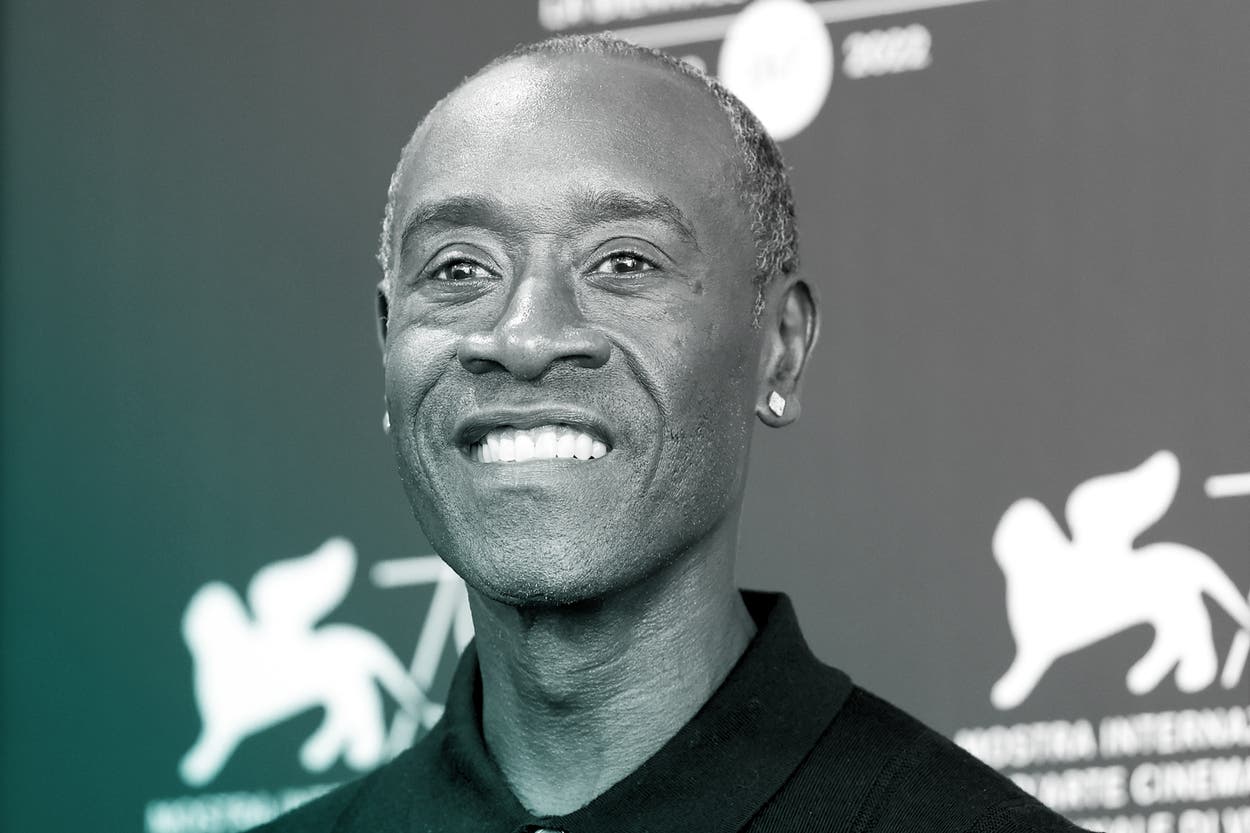
Cheadle also worked with actor Harrison Ford to create Years of Living Dangerously, a documentary TV series tackling climate issues.
He’s a member of the board of directors for the Solutions Project (co-founded by actor Mark Ruffalo, also in this list), which has supported more than 300 community organisations fighting for climate justice in 45 states, and highlights racial and gender inequities.
Last September, as part of the Our Kids’ Climate initiative, Cheadle combined his parental role with his climate action work, urging the importance of protecting the planet for future generations. He signed an open letter along with more than 150 other parents including actors Emma Thompson and Julianne Moore.
54. Jessie Diggins
As a board member of POW, (Protect Our Winters), one of the world’s largest climate advocacy groups, American cross-country skier Jessie Diggins vocalises how increasingly warming winters are changing not only winter sports, but also the lives of the communities who live on and around the snow and have a reliance on it.
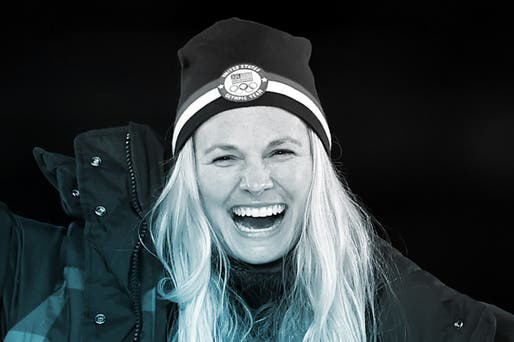
As a two-time cross-country World Cup champion who has been competing for 15 years, she says she’s seen winters change dramatically and speaks about the severity of winter environments disappearing before our eyes. In an interview last November, she said: “I will not shut up and ski,” highlighting the importance of the voices of people who see climate issues first hand too.
Ahead of the Nordic World Championships in Trondheim in February, Diggins and her teammates debuted race suits featuring images of melting glaciers, an impactful visual no one could ignore. She also endorsed the ban on PFAS chemicals in ski wax on the World Cup circuit, marking a major step toward reducing the environmental footprint of snow sports.
55. Jane Fonda
Activism has long been an important part of life for Jane Fonda. Many years since her days of anti-Vietnam war campaigning in the 1960s, the 87-year-old Oscar-winning actor now channels her energy into climate activism.
Earlier this year, Fonda became involved in the conservation of the Amazon rainforest, aligning with Amazon Frontlines and the Ceibo Alliance, an Indigenous-led coalition representing multiple tribes (also featured in this list under Nemonte Nenquimo’s entry), to protect their ancestral lands. The aim is to convince Ecuador’s Constitutional Court to enshrine the rights of Indigenous people, which allows them to decide what happens in their home, and means they must be informed before any action is taken. It follows Ecuador’s president Daniel Noboa’s plans to auction off more than 8 million acres of Amazonian Indigenous lands to oil companies.
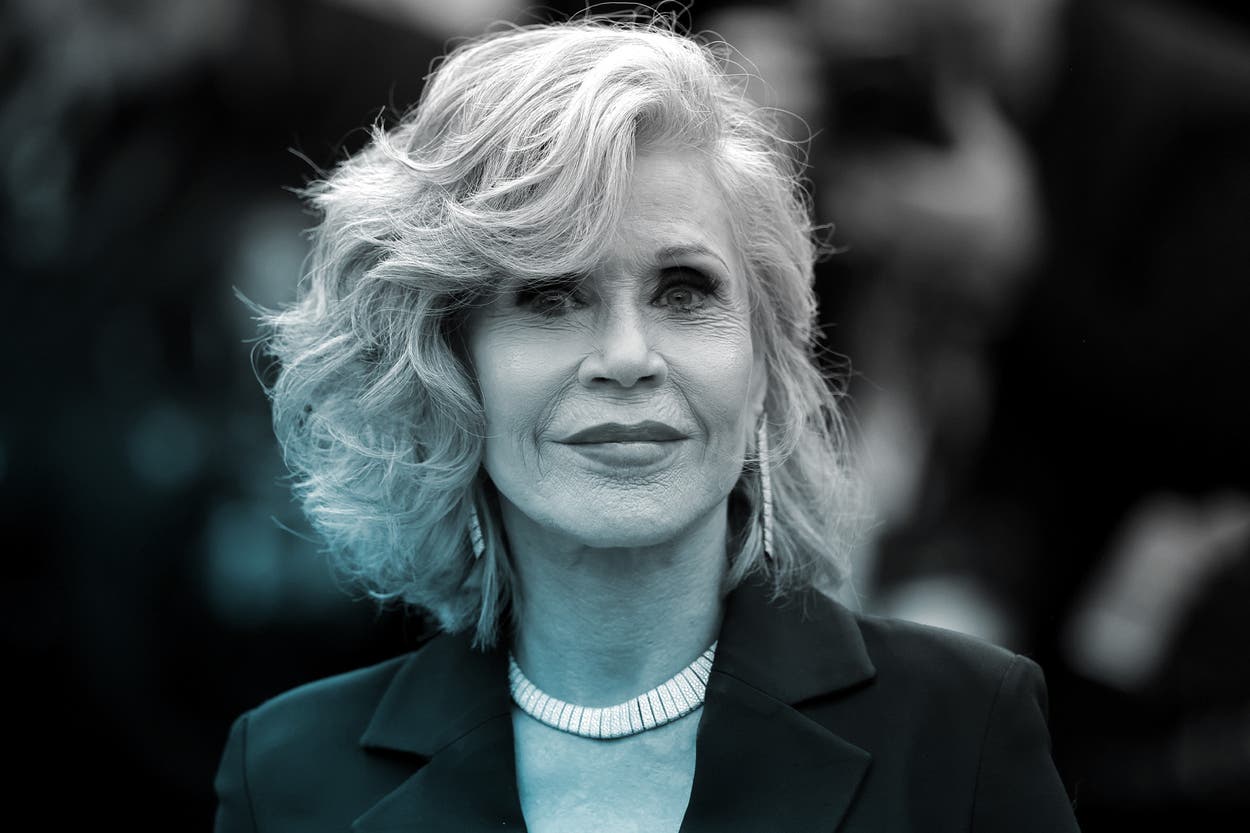
Fonda has been arrested five times for civil disobedience while marching and protesting in recent years. In 2019 alongside Greenpeace, she launched Fire Drill Fridays, a series of weekly protests in Washington DC to urge political leaders to take stronger action on climate change. These protests, inspired by Greta Thunberg, galvanised public support and then became educational virtual events that educated people about climate justice, sustainability, and environmental policy, until it ended last year.
She also founded the Jane Fonda Climate Political Action Committee in 2022, which raises money to defeat the fossil fuel industry’s influence on US politics and elect climate champions across government.
56. Lewis Pugh
British-South African former maritime lawyer Lewis Pugh is an endurance swimmer and prominent speaker on the effects of the climate crisis on our rivers and oceans. He completes long-distance swims in some of the planet’s most vulnerable and challenging waters – including the Arctic and Antarctic – to highlight the importance of marine conservation.
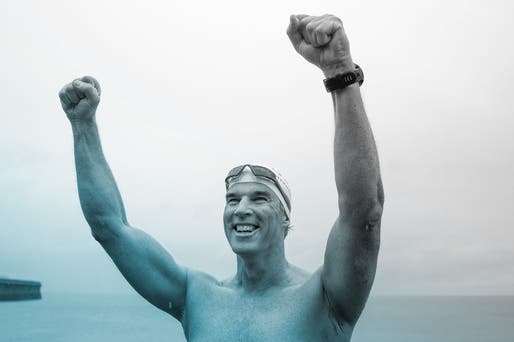
In May, he took on a 62-mile swim in 8C waters around Martha’s Vineyard, an island off the coast of Cape Cod. It’s known as the filming location for Jaws, which turned 50 this year, and was tied into his event’s aim to raise awareness for the critical need for shark conservation, and to change the public’s perception of them as vicious, cold-blooded killers. He was the first person ever to achieve this.
In 2023, he swam all 315 miles of the Hudson River and wrote an opinion piece about it for The Independent to highlight the importance of clean rivers. He also became the first person to swim the full length of the River Thames in 2006. The previous year, he swam 100 miles across the Red Sea to underline the impact of climate change on fragile coral reefs. He is a United Nations Patron of the Oceans, and part of the 30×30 campaign, which aims to protect 30 per cent of the world’s oceans by 2030. His work, and epic swims, are inspiring global efforts to safeguard marine ecosystems.
57. Mark Ruffalo
The anti-fracking movement’s most famous face, actor Mark Ruffalo has been an environmentalist for years, and uses the term “fractivists” to describe this particular branch of activism.
In 2016 he, Colin Firth and the late Vivienne Westwood wrote an open letter to then prime minister David Cameron to oppose fracking. In 2013, he co-founded The Solutions Project, an organisation committed to promoting 100 per cent renewable energy.In February 2024, Ruffalo worked with politicians to ban a new type of fracking, which swaps the use of water for pressurised carbon dioxide to get at methane trapped in shale. Fracking companies say this is a carbon-neutral fuel operation, but “fractivists” disagree.
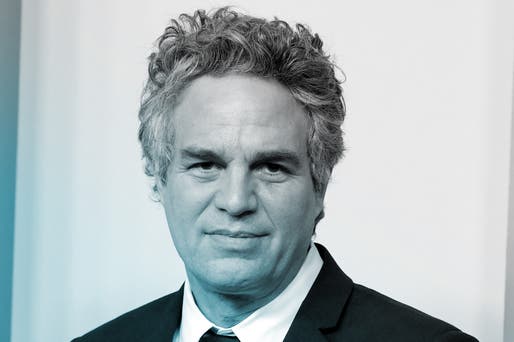
Last October, he urged people to sign a petition to prevent the Irish Green Party from passing a “bill to fast track building liquid natural gas terminals that would import fracked gas from the United States”, he said in a video he posted to his Instagram. He’s also joining fellow members of SAG-AFTRA (Screen Actors Guild and American Federation of Television and Radio Artists) in calling for their pension fund to divest more than an estimated $100m (£74m) from fossil fuel stocks, and instead reinvest in green funds.
58. Sting
A British singer and an Amazonian tribal chief may seem unlikely friends, but environmentalism brought Sting and Chief Raoni Metuktire (also included in this list) of the Brazilian Kayapo tribe together.
After Metuktire asked for Sting’s help in protecting their Indigenous land and people, he and Sting, along with his wife Trudie Styler, founded the Rainforest Foundation Fund, a charity dedicated to raising awareness of deforestation and the rights of Indigenous people. For nearly four decades, the fund has donated to projects that have saved 28 million acres in 20 different rainforest countries.
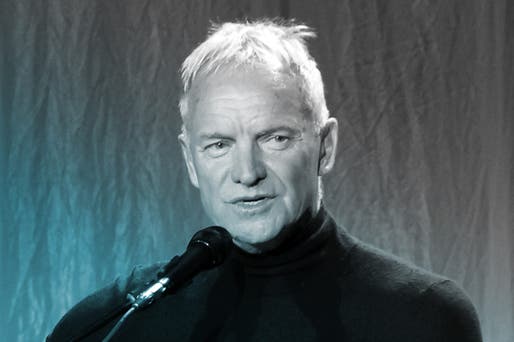
More recently, in January, Sting performed at FireAid in LA, the concert held to raise money for those affected, following the devastating wildfires that burned through the area, destroying more than 22,000 homes and 40,000 acres. The set included a rendition of the repurposed song, Message in a Bottle – a powerful call for action on climate change. The newer version was aimed at world leaders attending Cop26 that year in Glasgow, urging them to “do something now” for the planet.
59. King Charles III and Prince William
Since he was a young man, King Charles III has been a green champion, long before sustainability became the buzzword it is today. It’s a trait that appears to have been passed down to his son and heir, Prince William, who has picked up the baton and launched his own initiative to tackle the climate crisis.
The king was head of the Duchy Estate for seven decades (a role now passed to Prince William), and he has been a tireless champion of organic food and agriculture.
For his unwavering focus on green issues, Tony Juniper, chair of Natural England and former director of Friends of the Earth, praised the king as “possibly the most significant environmentalist in history”. It is something that he has continued since ascending to the throne, installing the first solar panels on Windsor Castle and using biofuel in royal cars as he strives to reach net zero within the palace walls.
Prince William, who has followed in the footsteps of his environmentalist father and philanthropist mother, used his speech at the celebrations for the Queen’s platinum jubilee in 2022 to talk about the crisis. Although we have “increased our awareness of the impact humans have on our world, our planet has become more fragile”, he said, adding “the pressing need to protect and restore our planet has never been more urgent”.
This year, he supported Dartmoor peatland restoration and the planting of hundreds of saplings in Wistman’s Wood there too. He also launched a documentary series, Guardians, spotlighting wildlife rangers working in perilous conditions across habitats like the Amazon, Himalayas, and Africa.
His flagship initiative is the Earthshot Prize, launched five years ago. It supports young innovators from around the world in their ambitious attempts to solve our biggest environmental problems, from ocean pollution to poor air quality, by awarding five winners with £1m each.
60. Arnold Schwarzenegger
The former bodybuilding champion, movie star and politician, Arnold Schwarzenegger, has long been a proponent of fighting the climate crisis, which he said is an ineffective term that should instead be called just pollution.
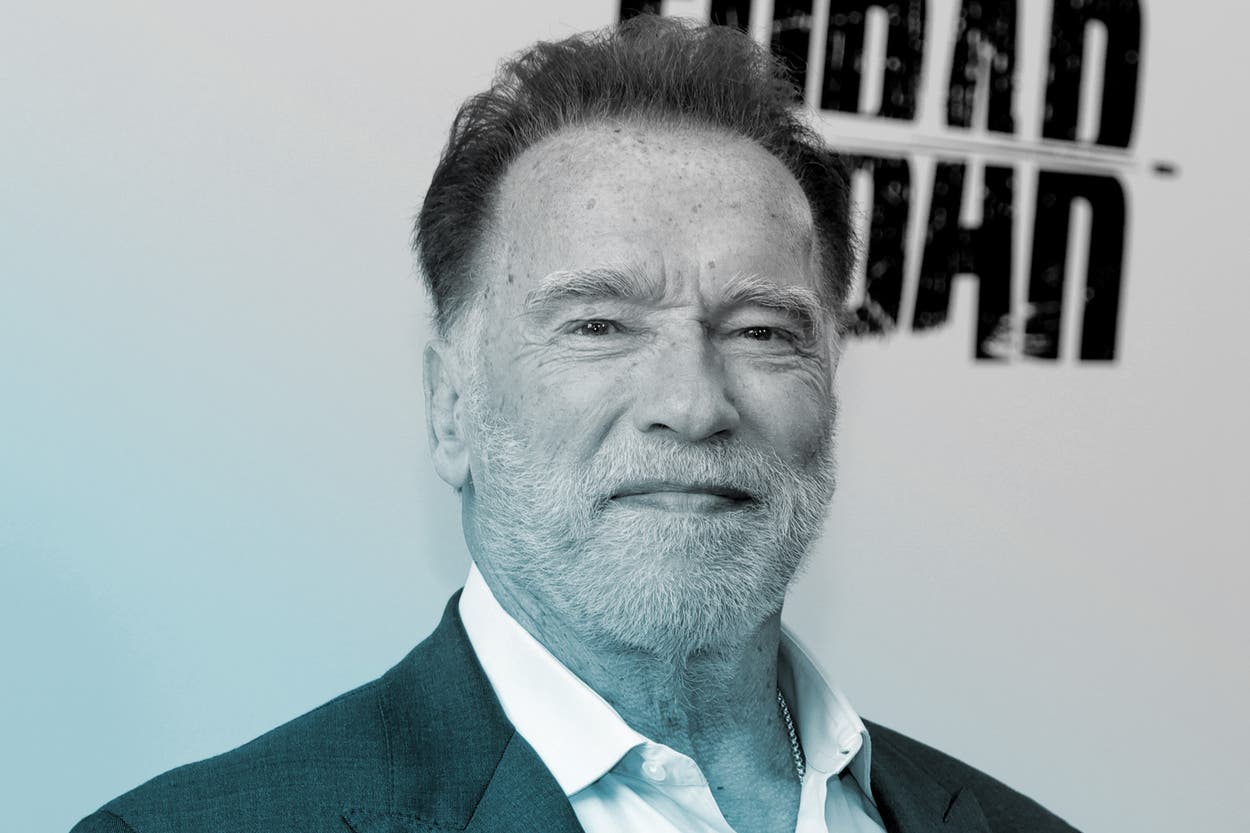
He formed the Schwarzenegger Climate Initiative in 2017 to “terminate pollution” and has been actively campaigning for smart solutions to mitigate climate change and for less political rhetoric.
Speaking in June at the Austrian World Summit, which he helps organise each year and is a key event in the climate calendar, Schwarzenegger challenged world leaders and climate advocates to “stop whining” and to focus on doing something in terms of workable solutions to help battle global warming.
During his time as governor of California two decades ago, Schwarzenegger was one of the first politicians to advocate transitioning to clean energy and finding ways to cut harmful carbon in places such as San Diego.
Politics & Government
61. Mark Carney
As prime minister of Canada, Mark Carney faces a climate challenge far bigger than in any of his previous roles, which included governor of the Bank of England and before that, governor of the Bank of Canada.
A long-time advocate for using the financial industry to help fight global warming by leading a transition to renewable energy, Carney was a mainstay on the global environmental conference circuit.
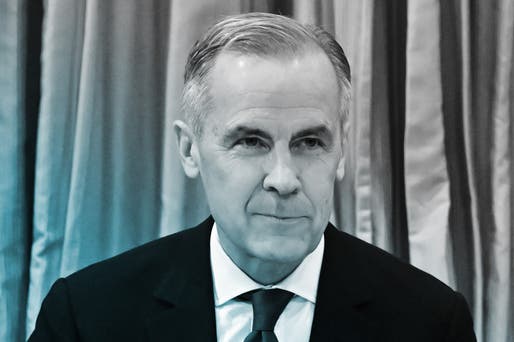
Since he was elected prime minister, Carney now runs one of the largest oil producing nations. He must balance his enthusiasm for a green energy transition in Canada and around the world with the energy politics in his country.
Carney scrapped an unpopular consumer carbon tax soon after being elected. He is considering imposing a carbon border tax to impose on importing countries with weaker environmental rules but so far that is still being studied.
62. Ed Miliband
As the former leader of the Labour Party, Ed Miliband‘s commitment to finding solutions to the climate crisis has run deep through his career. As the secretary of state for energy security and net zero, the role is similar to the one he held 15 years ago when Labour was last in government, where he played a pivotal role in shaping the UK’s Climate Change Act in 2008.
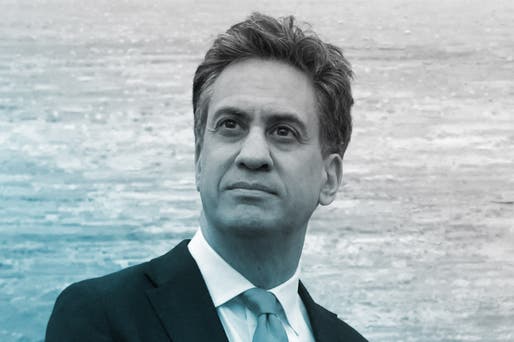
Shortly after he was re-appointed to the role following Labour’s win last year, Miliband lifted the offshore wind ban and increased the renewable energy budget to a record figure of more than £1.5bn.
More recently, he’s brought in the Great British Energy Act, which became law in May and aims to speed up the UK’s shift to renewable energy. He also delivered the first of what he plans to be an annual speech on Climate Crisis and Nature Decline, where he stated the two crises are inseparable. In the speech, he warned: “We must act on the climate and nature crisis to protect our British way of life, because no sector or part of our society is immune from those risks.”
63. Claudia Sheinbaum
Mexico’s president, Claudia Sheinbaum, is a climate scientist with a strong background in renewable energy projects. She has contributed to the United Nation’s Intergovernmental Panel on Climate Change and as mayor of Mexico City she worked to put solar panels in public places and electrify the city’s transportation system.
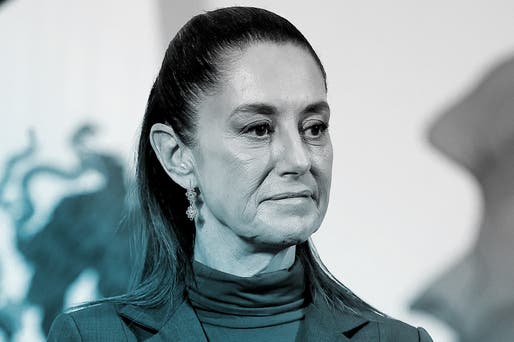
Her presidential campaign included a commitment to invest more than $13bn (£10.4bn) in clean energy by 2030, but now that she is president she faces challenges in weighing her climate-fighting desires against the importance of Mexico’s oil-producing legacy. In particular, she must tread lightly in her handling of Pemex, the state-owned energy company, which is a national leader in fossil fuel production.
Sheinbaum has also been a force behind designing a 30-year water plan for the country, to help manage water supply for its vital agricultural industry.
64. Sir Sadiq Khan
London mayor Sir Sadiq Khan, who is now in his third term, was the first mayor to be knighted in the New Year’s List 2025. Throughout his tenure, he’s put the climate crisis at the forefront and has made significant strides in reducing the city’s carbon footprint. He’s focused on tackling air pollution with Ulez (Ultra Low Emission Zone) and 20mph areas, and has just announced that one of the city’s busiest shopping areas, Oxford Street, will become pedestrianised.
This year, he’s opposed London Heathrow’s proposed third runway, citing pollution concerns and the impact it could have on Britain’s climate targets. He’s also launched a £12m Green Roots Fund to support community-led projects that enhance parks, wetlands and rivers, improving urban biodiversity.
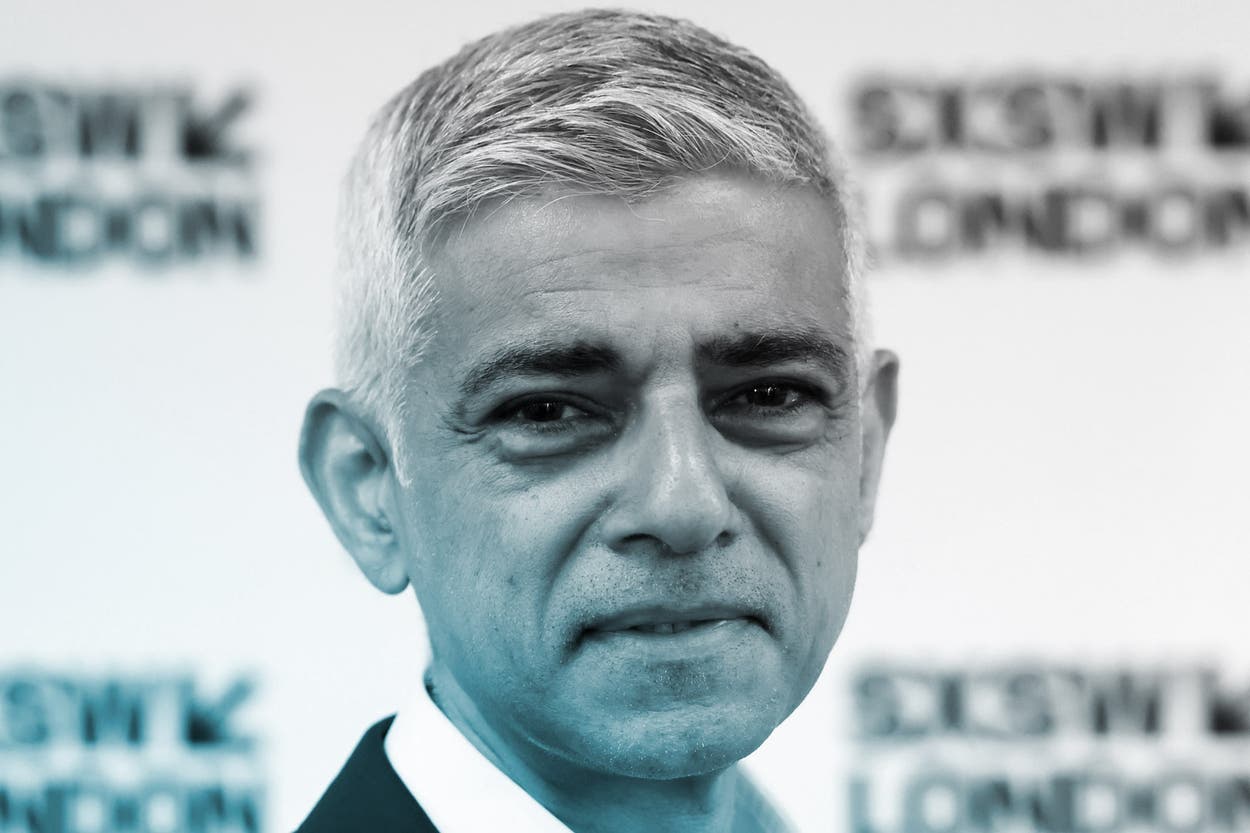
In an opinion piece for The Independent’s Climate 100 series last year, he called London’s air pollution the “gravest environmental threat to human health… with our poorest citizens and minority ethnic communities suffering the worst effects”.
Under new Ulez rules, roadside nitrogen dioxide levels have been halved since 2016, pollution has been cut by over 20 per cent in outer London, and the capital’s “air quality is improving at a faster rate than the rest of England’s average,” he says.
65. Mary Robinson
After serving as Ireland’s first female president, Mary Robinson, a lifelong champion of human rights, has established her own climate group, Project Dandelion, which pushes for women to be prioritised within the climate crisis response. The group launched a short film, We Are Dandelions, which premiered at the virtual Unite for Climate Solutions: A Women-Led Summit event, ahead of Cop28.
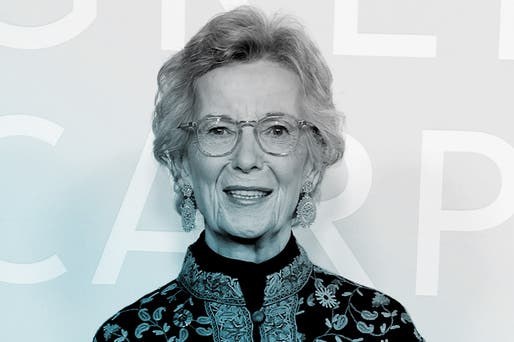
As well as advocating for women, she also emphasises the need for inclusive solutions that properly serve the needs of marginalised communities. For her work, she has become one of the most highly respected people in the climate conversation.
In her humanitarian work, she has been vocal in speaking out against Israel’s aid block and has been to the Rafah Crossing as a member of The Elders, (which was founded by the late Nelson Mandela in 2007). The group is made up of a group of global leaders working together for peace, justice, human rights and a sustainable planet, which she is the chair of.
In an interview with The Independent in 2023, she explained that she thinks the US, which is responsible for the largest share of historic greenhouse gas emissions, could do more in the fight against the climate crisis.
66. Lord Deben (John Gummer)
The Tory peer John Gummer, has been a steadfast advocate for environmentalism for decades. He served as Conservative Party chairman under Margaret Thatcher and as environment secretary in John Major’s government. More recently he was chair of the UK’s Climate Change Committee (CCC) between 2012 and 2023. In this role he played a crucial part in shaping the nation’s climate policies and guiding the UK towards its goal of net zero emissions by 2050.
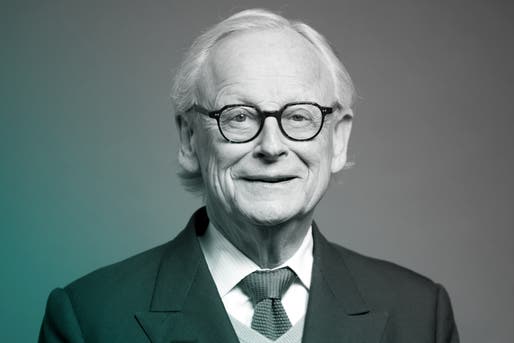
Despite the CCC being the government’s own watchdog on climate, Lord Deben has spoken out about worries the previous government would not meet its climate targets. In June 2023, he said it had been “too slow to act”.
This year, though he supports increasing the UK’s onshore renewable efforts, he has spoken out against Lionlink energy cables going through the countryside. Instead, he says, cables should be taken under the sea, which he argues has the least impact on biodiversity, and brought onshore to brownfield sites.
For The Independent’s Climate 100 series last year, he wrote that, despite the crisis surging on, it is still within our collective power to mitigate its effects.
67. Marina Silva
Earlier this year, the Brazilian environment minister Marina Silva, warned that we’re already at the limit of liveable climate.
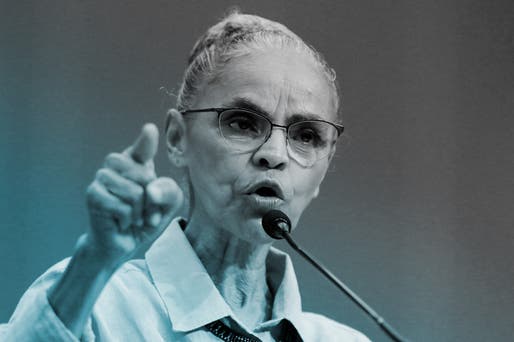
As a native Amazonian from a rubber-tapping family, Silva is serving as environment minister for the second time, having also held the role from 2003 to 2008. Back then, she implemented policies that significantly reduced deforestation rates, and she is continuing that work now, as well as being a staunch defender of Indigenous rights and biodiversity.
Silva is regarded as one of the most influential ministers in Brazil thanks to her work to rebuild the country’s capacity to halt rampant illegal deforestation in the Amazon. She believes protecting the Amazon rainforest, almost two thirds of which is in Brazil, is key to staving off the worst effects of the climate crisis.
In July, however, this came under threat following what has become known as the “devastation bill”, signed by President Lula, which stripped powers from Silva’s ministry. It allows companies to self-license for big construction projects such as building new roads, which will have devastating effects on the environment.
Silva has described the passing of this bill as a “death blow”, saying it threatens the country’s pledge to eliminate deforestation by 2030.
68. Luiz Inácio Lula da Silva
As president of Brazil, Luiz Inácio Lula da Silva, known as Lula, is arguably on the hottest climate change seat in the world this year.
Brazil plays host in November to the annual United National climate summit, this year dubbed Cop30, and Lula’s government has promised to host the tens of thousands of expected delegates in Belem, a small city on the Amazon Basin.
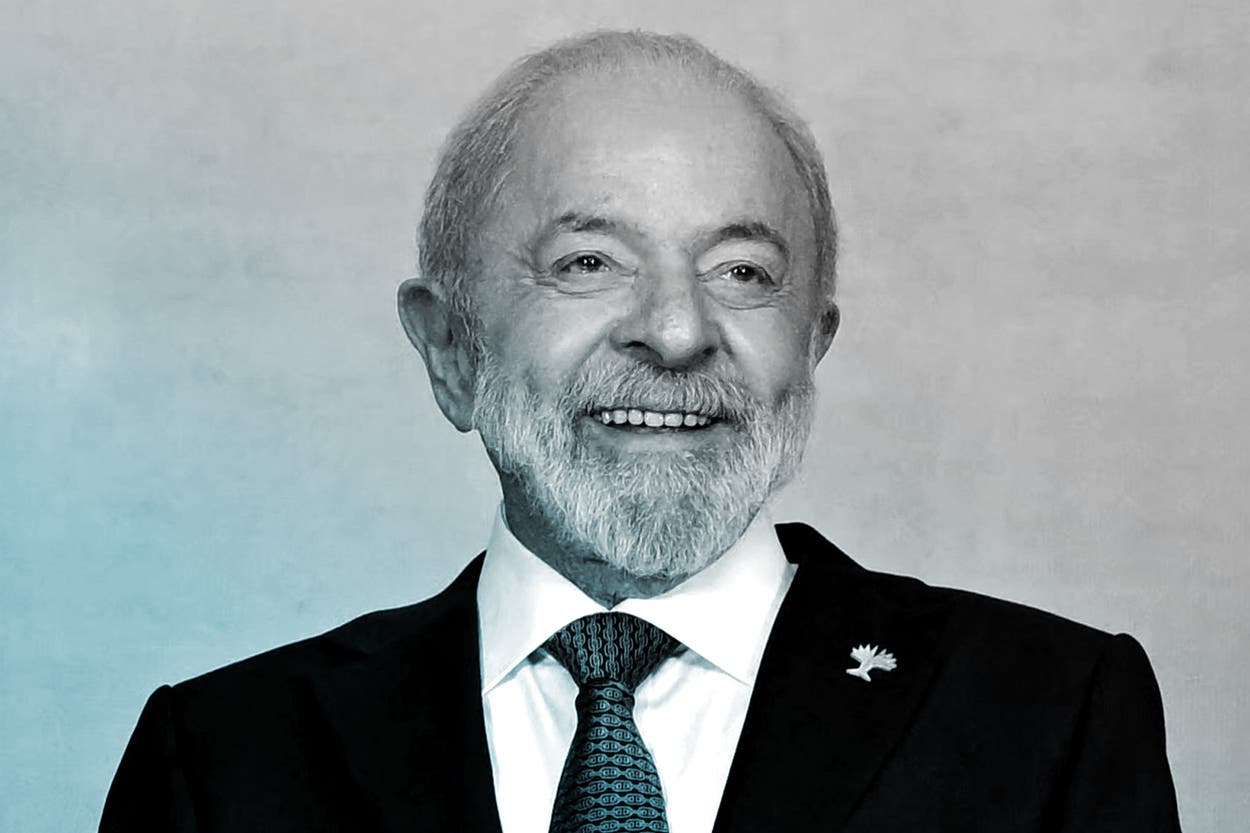
Lula and his team want to spotlight the damage being done to the Amazon – generally acknowledged to be the world’s largest natural carbon sink, for the ability of its trees and jungle to suck harmful carbon out of the atmosphere – by fossil fuel interests and cattle ranching.
The logistical challenge of bringing so many people to Belem and finding rooms is just one of the headaches Lula must deal with as he seeks to keep his country on track to fight global warming after four disastrous years of pollution and land clearing by his predecessor, Jair Bolsonaro.
How Lula performs this year and in coming years will largely cement his legacy as either a climate advocate or a politician who was unable to control the vast oil and cattle interests that dominate his country.
69. Mia Mottley
Mia Mottley is a woman of many firsts, including, in 2018, becoming the first female prime minister of Barbados, and also the first prime minister to serve after Barbados became a republic in November 2021. The following year, she announced her landmark Bridgetown Initiative, which proposes to entirely reform how global debt works.
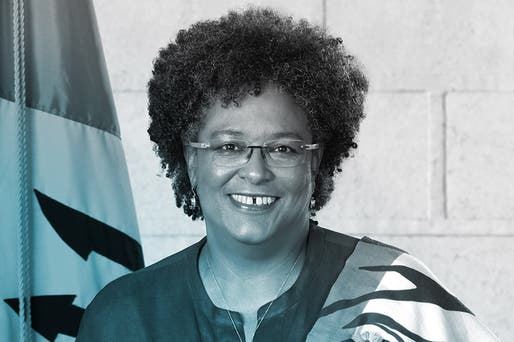
The plan calls for wealthier nations to contribute far more financially to the global climate fight, as poorer nations are bearing the physical and financial brunt of the crisis despite having contributed the least to it. It’s her central call, and one she spoke about at Cop29 in Baku last year, emphasising the need for global financial architecture reforms as the planet was “hurtling towards catastrophe” with increasing extreme weather events.
After floods, hurricanes or droughts, poorer nations struggle to financially rebuild due to their high debt. This can be as much as 12-14 per cent in poorer nations, compared to 1-4 per cent for wealthier countries. Mottley argues that if these high repayment interest rates are not paused or even cancelled – as was done for some countries after the Second World War – then they could be a death sentence for countries like hers.
Last December, Barbados benefitted from its first “debt for climate resilience swap”, meaning it replaced expensive debt with more affordable financing, generating $125m (£93m) in savings, which has been turned into a water and sewage project to help mitigate the effects of climate change.
70. Alexandria Ocasio-Cortez
A rising Democrat star and congressional representative from New York, Alexandria Ocasio-Cortez quickly established herself as a lightning rod for climate change criticism after she was first elected in 2018 at the age of 29.
Also known as AOC, she was a co-sponsor of a bill called the Green New Deal, which called for a series of initiatives to combat global warming and housing inequality to support a transition from fossil fuels to renewable energy.
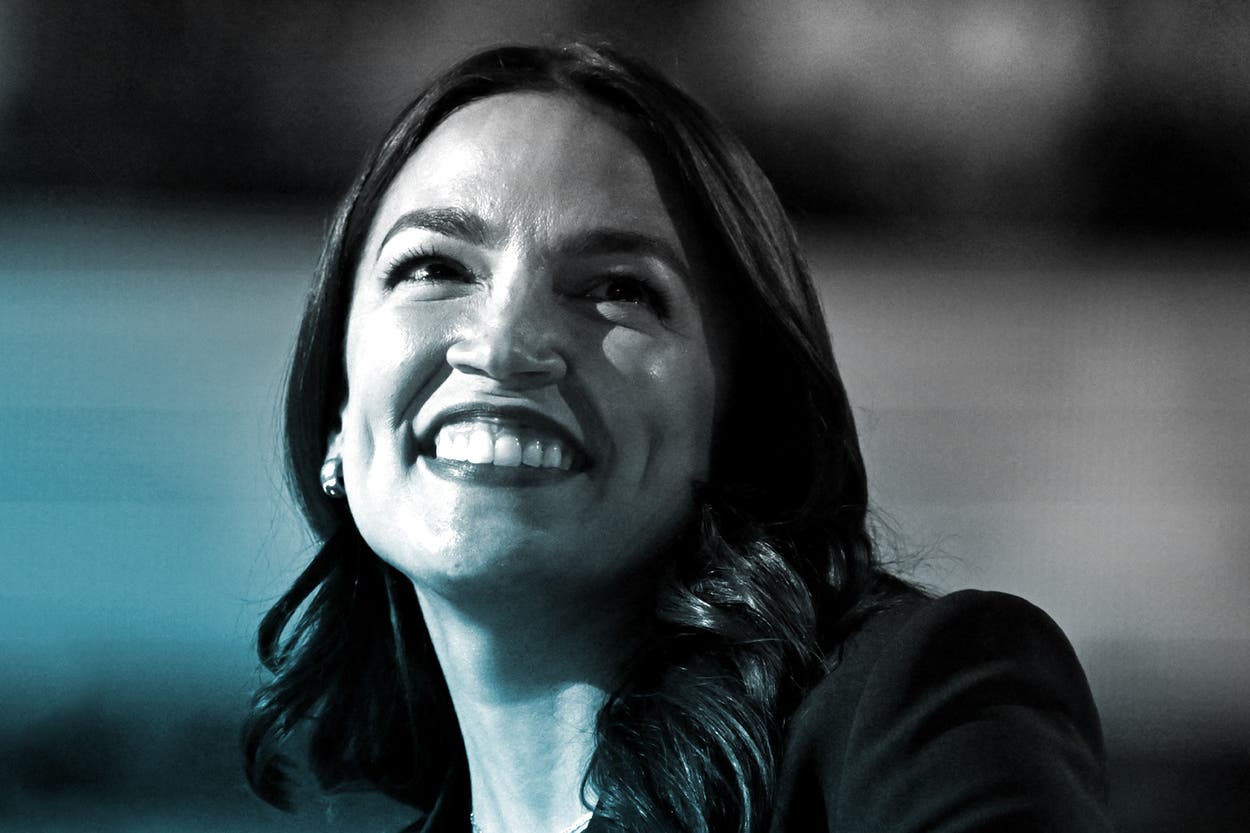
The Green New Deal became an attacking point of President Trump in his first term and remains so to this day, even though it has largely been put aside by Democrats. AOC, now a seasoned insider on Capitol Hill, is still is a leading spokesperson for environmental efforts and has positioned herself as one of the greatest critics of Trump’s policies to attack renewable energy in his second term.
She also continues to search for ways to incorporate parts of the Green New Deal into other legislation or programs to help mitigate the worst effects of global warming, both in New York and around the country.
71. Kathy Hochul
Kathy Hochul is governor of the state of New York and from the beginning of her leadership she has fought climate change, making herself a prominent target of President Trump’s efforts to thwart climate control.
In December, Hochul signed a Climate Superfund Act that requires fossil fuel companies to help finance climate adaptation projects in New York, particularly around low-carbon infrastructure. She has led state investments of more than $1bn (£743) in renewable energy projects and campaigned for social justice tied to environmental practices.
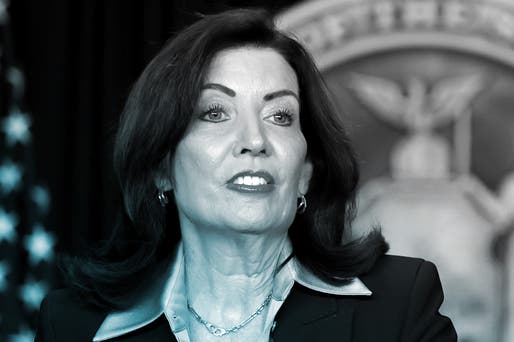
Her most controversial act was to implement traffic congestion pricing in New York City in January to slash traffic into Manhattan and lower carbon emissions, following a lead from London and other cities. President Trump has ordered her to reverse the order and threatened to withhold federal funding from New York state if she does not.
By May, the city reported more than $200m in new revenue from the pricing plan, which is set to be used to update and replace its aging public transportation system.
72. Ursula von der Leyen
As President of the European Commission in Brussels, Ursula von der Leyen has made climate change a central focus of her efforts since she was first elected in 2019.

Working toward a European Green Deal with other like-minded members of the EU, she pushed through policies and legislation designed to reduce harmful carbon emissions on the continent by 90 per cent by 2040 and completely by 2050, which would make Europe the first carbon-neutral continent.
But since last year’s EU elections, when a wave of right-wing members were elected as part of a backlash against rising energy prices following Russia’s invasion of Ukraine, von der Leyen has faced rising challenges implementing green policies.
In June, she was forced to cut out large parts of the European Green Deal in order to push it through, which will affect most of her ambitious timelines.
73. Pope Leo XIV
Since Cardinal Robert Francis Prevost became Pope Leo XIV in May, he has quickly adopted climate change and the environment as one of his major focuses, as did his predecessor, Pope Francis, who was known as the “climate pope”.
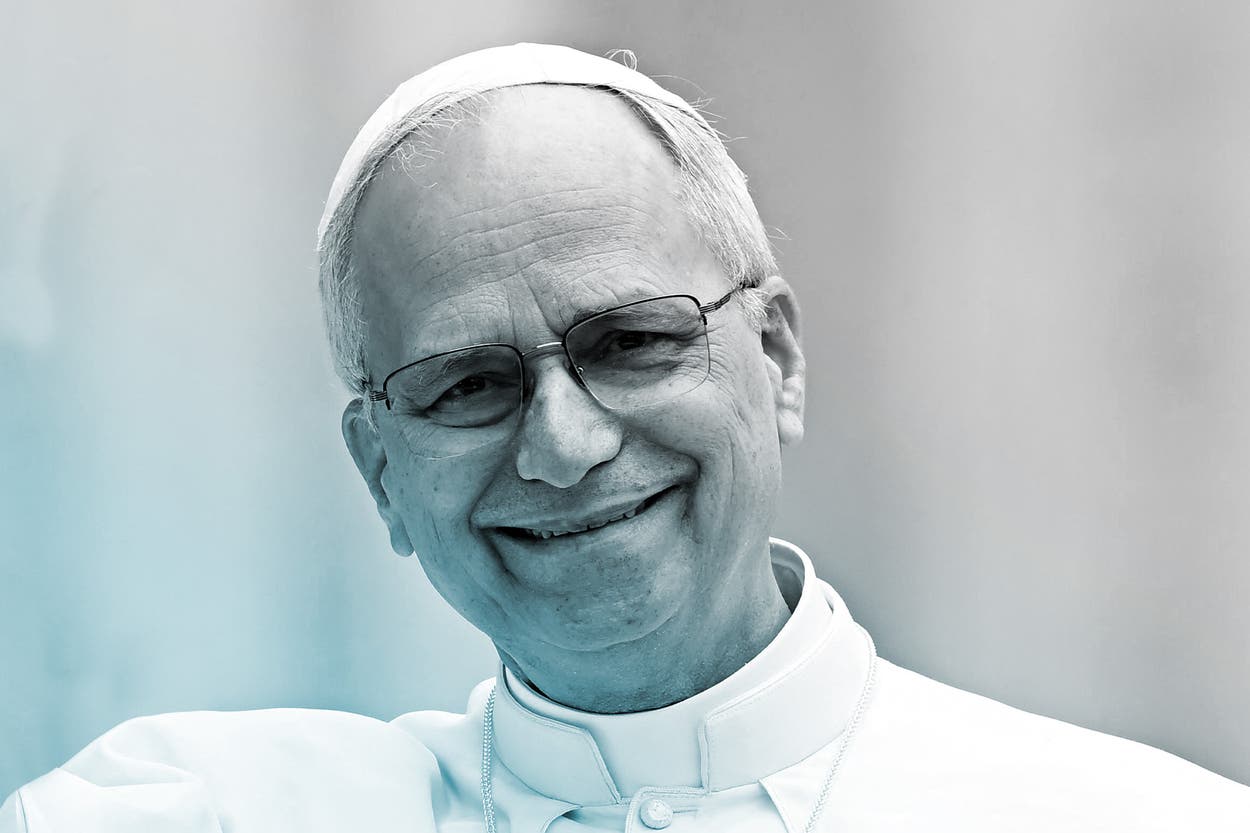
Leo has actively addressed the destruction of the environment and in particular its effects on the poor. He has celebrated “green masses” to emphasise the Church’s responsibility to the Earth, and is even attempting to build a solar farm in the Vatican.
Shortly after becoming Pope, he celebrated the 10th anniversary of Francis’s Laudato si’, a 184-page letter to bishops that tied climate change to the Church’s social mission and condemned the destruction of the environment for financial gain, asking for a “relationship of reciprocity” with the environment.
74. Eric Garcetti
As mayor of Los Angeles from 2013 to 2022, Eric Garcetti fought to make the city a global leader in mitigating climate change, committing to carbon neutrality by 2050 and establishing preventative measures to fight California’s growing trend of destructive wildfires.
In June, Garcetti was named ambassador for global climate diplomacy for the C40 Cities Climate Leadership Group. His new role will help him represent other cities and mayors in global climate leadership talks, particularly those arranged by the United Nations.
The leadership of cities has become a battleground in the fight against global warming as federal policies in the US and regional policies in the EU have shifted against green transition plans after a pushback over rising energy prices.
Climate advocates are focusing their attention on how each individual city can fight to protect itself and limit its carbon output despite the broader attack on climate policies. Garcetti will be a key figure at Cop30 this November in Belem, Brazil.
75. António Guterres
Under the leadership of Secretary General António Guterres, the United Nations has intensified efforts to push for ambitious climate action, urging countries to meet and exceed the goals of 2015’s legally binding Paris Agreement, which was enforced the following year.
Guterres frames the climate crisis as the defining issue of our time, and has championed the need to transition to renewable energy, reduce carbon emissions and protect vulnerable communities.
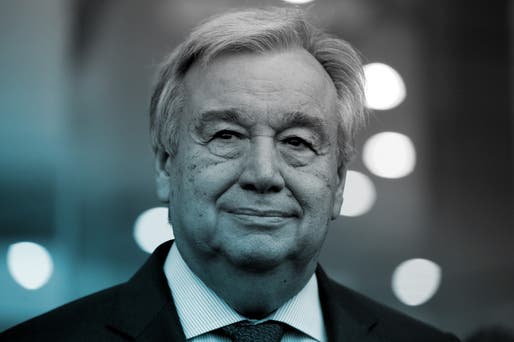
He continues to push for global net zero by 2050, though he now thinks richer nations should aim for 2040, and calls for greater international cooperation to address biodiversity loss and environmental degradation. His advocacy often runs into conflict with governments – such as in the US this year – that are hostile toward investing in climate mitigation or providing money to nations hit hard by global pollution.
Guterres faces a defining moment this November when the UN hosts its 30th annual climate summit, Cop30, in Brazil, whose portion of the Amazon Basin is threatened by logging and agriculture interests. Climate scientists say loss of the Amazon, one of the world’s largest carbon sinks, would be devastating throughout the region. Guterres will deliver his message to delegates from countries that have moved decidedly away from sustainability in recent years because of costs and a global energy crisis.
76. Al Gore
After leaving public office as US vice president in 2001, Nobel Peace Prize laureate Al Gore has become one of the best known leaders of the climate fight.
In 2006 he founded the Climate Reality Project, which has trained more than 3.5 million people worldwide, empowering them to devise climate solutions for their communities. The same year, Gore’s documentary An Inconvenient Truth brought the realities of climate change to the fore and sparked a global conversation.
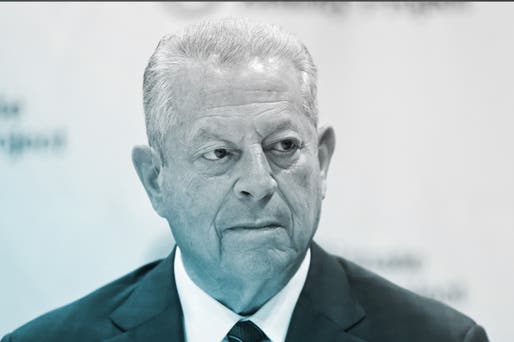
This past spring, Gore was a headline speaker at San Francisco Climate Week, where he blasted the Trump administration for its attack on government subsidies for renewable energy and for its attempts to override Congress on its traditional taxing and spending powers.
He also kicked off an international tour in March in Paris for his nonprofit Climate Reality Project, to use training centres and youth programs in other countries to expand public support for renewable alternatives to oil and gas. Gore said the strategy is designed to help support climate activism in parts of the world where there is still motivation to mitigate extreme heat and weather, despite setbacks in the US.
Reader’s Choice
77. Sarah Johnson
As the head of peatland nature recovery at Lancashire’s Wildlife Trust (LWT), Sarah Johnson has spent decades championing the need to restore peatlands.
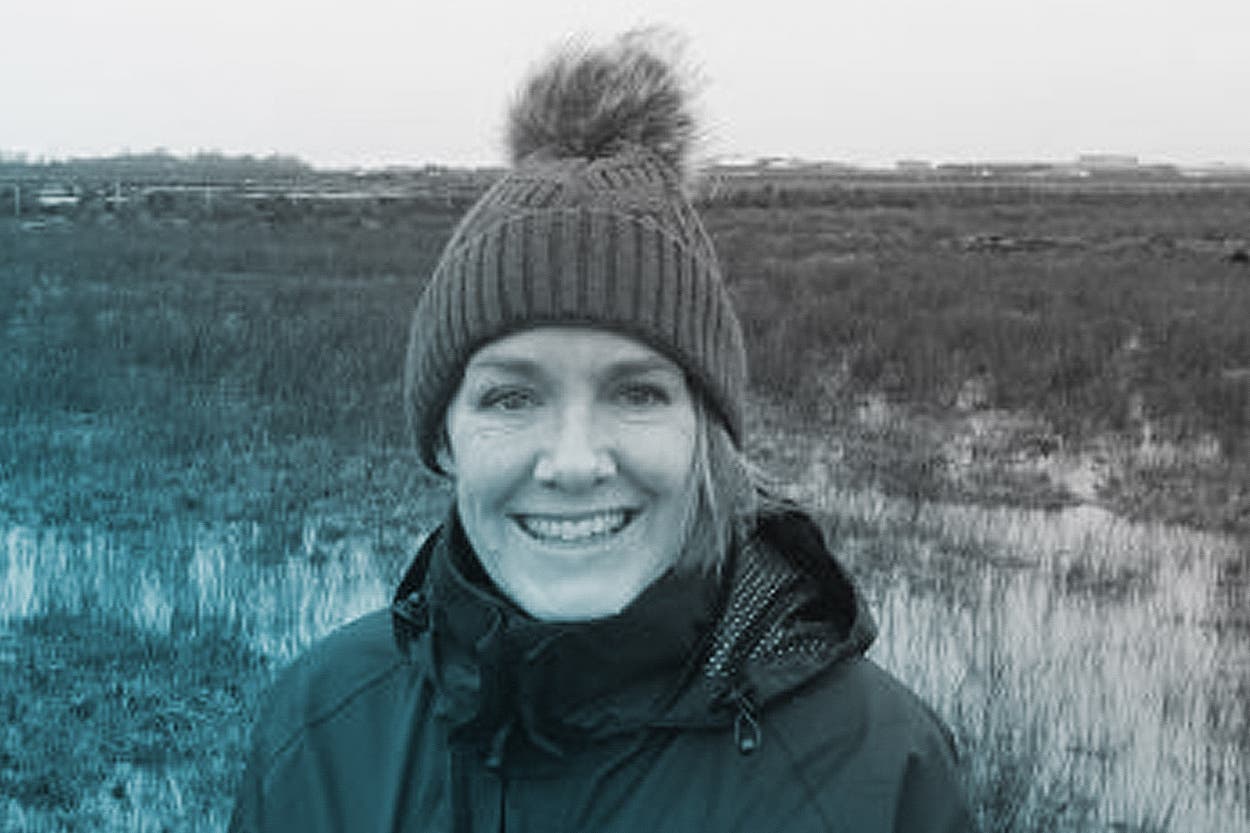
Thanks to her, she’s responsible for saving and recovering thousands of acres of upland and lowland peatlands, which are huge carbon sinks. The dense areas have the ability to lock away carbon for long periods of time, which are thought to be twice as effective as forests.
She’s working to help protect the peatlands, which are vastly unprotected and have been heavily drained since after the Second World War. It’s only recently that the UK has realised their importance, resulting in around 80 per cent of them being damaged. To do this, she works closely with local farmers to ensure wetter lowlands areas can both help farming and wildlife.
Part of this collaboration includes encouraging farmers to plant bullrushes to create an environmental filler for puffer jackets and pioneering carbon farms establishing new coverings of sphagnum moss to trap carbon.
78. Robbie Macpherson
Robbie Macpherson is a vocal advocate for driving the national economy away from oil and gas and transitioning to a green future to reduce harmful emissions and mitigate the worst effects of climate change. .

A graduate of the University of Sheffield, he was until last year the senior political adviser to the All-Party Parliamentary Group on climate change in the UK Parliament. Macpherson has written for national newspapers and appeared on broadcast media to discuss and advocate ways the government can better speed the climate transition.
In October, 2024, Macpherson was given a Churchill Fellowship, named after Winston Churchill, to study what lessons the UK can learn from countries such as Denmark and Colombia in their efforts to transition away from oil and gas to sustainable energy economies.
79. Ben von Wong
Canadian visual artist Ben von Wong’s most recent installation sat outside the Plastic Treaty negotiations at Geneva’s Palais des Nations, where talks were held.
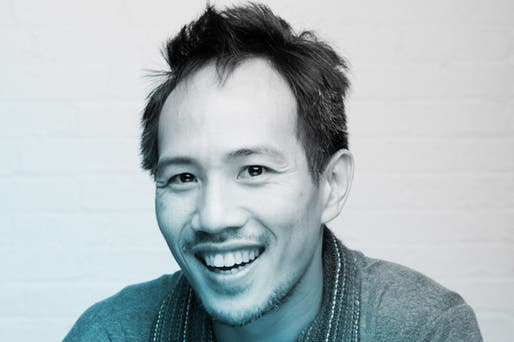
The 20ft structure, known as ‘The Thinker’s Burden’, highlighted the reliance of plastics and the problem of microplastics. The traditional looking stone sculpture, which symbolises mother earth, was almost drowning in plastic waste, which he’d been adding to for weeks, and was designed to encourage people to think about and recognise the health problems plastic causes, not just for us, but future generations.
His work covers social and environmental issues, such as e-waste (discarded electronics) where he created The Skull of Satoshi in collaboration with Greenpeace in 2023 to raise awareness of the environmental damage Bitcoin mining creates.
While in 2018 his ‘Strawpocalypse’ piece won him a Guiness World Record as the largest installation created from drinking straws to raise awareness about the damage they cause in the ocean.
80. Frances Fox
Frances Fox is the founder and UK director of Climate Live, a five-year-old group dedicated to using music festivals and concerts to bring climate activism to a new generation.
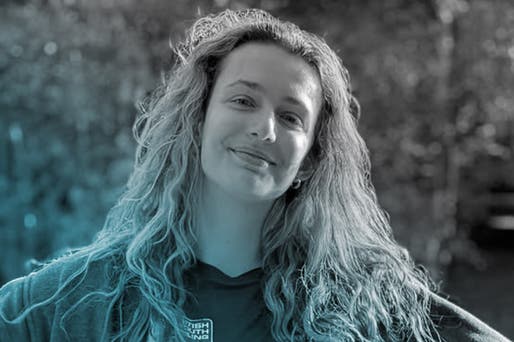
A long time music fan and graduate of the University of East Anglia, Fox is passionate about using music to spread the message of environmentalism.
Fox was responsible for creating the solar-powered pink bus stage and music stall at music festivals across the UK and at climate events in as many as 30 other countries to spread the word. She is an active public speaker and writer.
This past summer, she appeared on the Drowned in Sound podcast to discuss her evolution from music fan to climate activist, and why music festivals themselves are under threat from climate change.
81. Sarah Small
While cycling over 4,500km this year, Sarah Small also had her 4ft wood instrument in tow, strapped to the back of her bike. It wasn’t an endurance event, instead, she was on tour – taking the slow road.

By travelling on two wheels around the UK, she highlighted the environmental impact of the traditional way of touring for musicians, usually reliant on flying or cars or coaches.
Playing the Viola da Gamba (also known as a viol), which was popular during the Renaissance period, she gave 31 performances and also wanted to perform at music venues outside of the main cities.
She began in May and finished at the end of July, traversing a large loop of most of the UK sticking to the coastlines of England and Wales, and much of Scotland, including the western isles. In an Instagram video she said this is the only way that she’s not felt guilty for the way she’s travelled.
Scientists & Academics
82. Sir David Attenborough
No one has been a greater force in raising awareness of the climate and environmental crises than Sir David Attenborough. The British documentarian and naturalist is behind dozens of TV series, beaming unforgettable portraits of animals and plants in their natural habitats into the homes of millions around the world, while also painting a very vivid picture of the disastrous realities the planet faces at the hands of humans. His enthusiasm and respect for our uniquely diverse planet has inspired generations of scientists, academics, conservationists and activists.
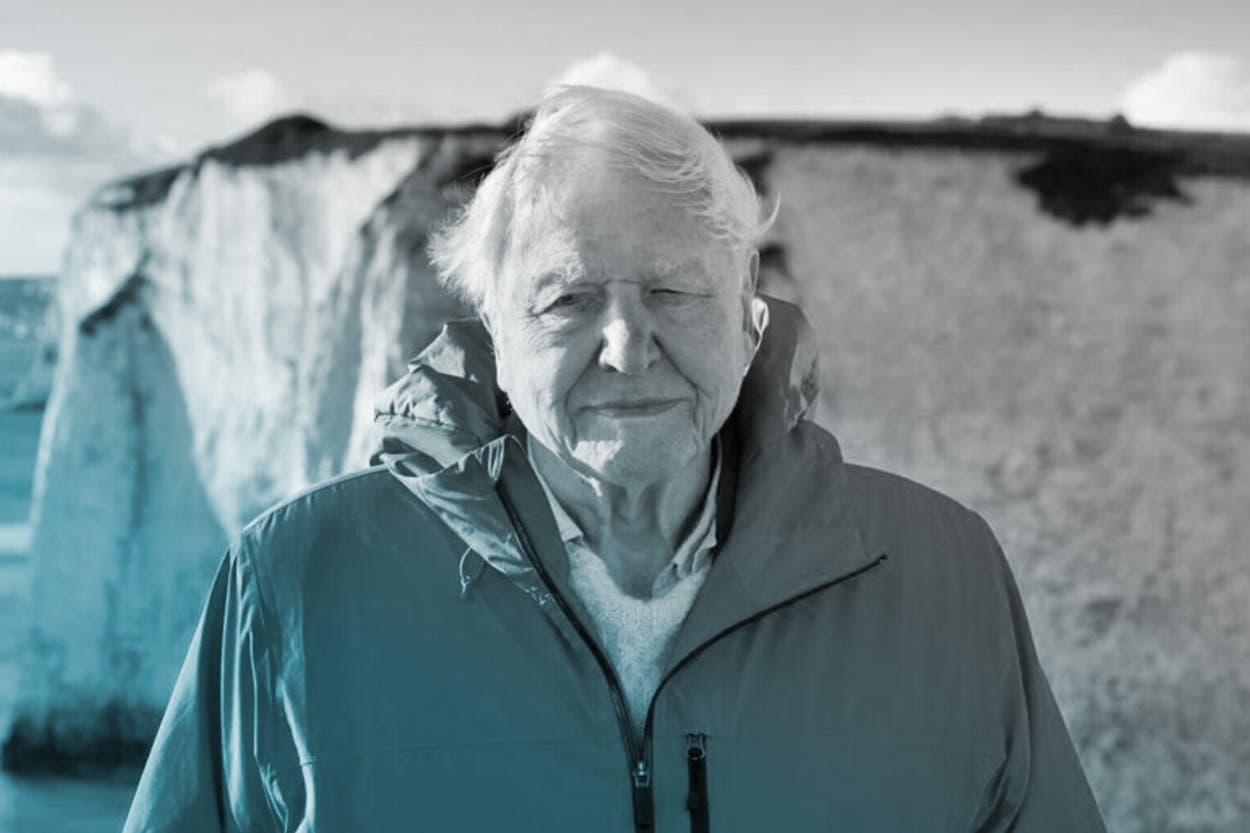
Known as “the voice of nature”, Sir David is still working and broadcasting with his signature eloquence at the age of 99. He has reported from some of the world’s toughest environments, and at every opportunity, uses his platform to advocate for immediate action to combat environmental degradation through programmes including Natural World, Wildlife on One and thePlanet Earthseries. The Blue Planetis regarded as having drawn attention to the global problem of plastic pollution, and The Life of Mammals explored the threat humanity has posed to every other species on Earth.
This year, he has already launched two documentaries, Parenthood and Ocean with David Attenborough. The latter was released on his 99th birthday – one critic called it the “greatest message he’s told” – and it described the startling effect dredging has on the ocean floor, and how important the oceans, which he calls “our life support system and our greatest ally against climate catastrophe”, are to the future of our world
83. Gretchen Goldman
Gretchen Goldman is an American environmental scientist and president of the Union of Concerned Scientists, a non-profit advocacy group that uses scientific research to push for solutions to environmental problems.
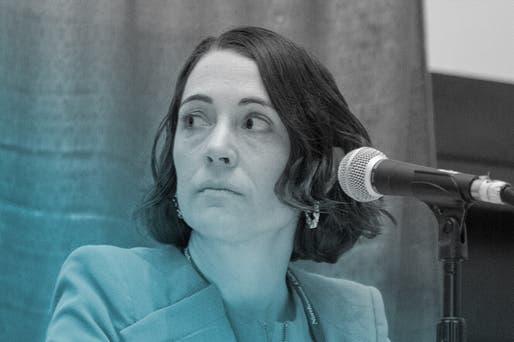
Before that, she was director of climate change research and technology at the US state department after holding a leadership role at the White House Office of Science and Technology Policy under President Biden.
In her current role, which she assumed in February, Goldman intends to be a leading voice among scientists increasingly concerned by President Trump’s anti-environmental policies and attacks on renewable energy.
As the Trump administration seeks to limit environmental data and in some cases remove research from government websites, more and more pressure will build on scientists to find new ways to promote fact-based environmental research.
84. Dr Ayana Elizabeth Johnson
Ayana Elizabeth Johnson is an American marine biologist and co-founder of the nonprofit Urban Ocean Lab, a think tank for policy on coastal cities. She has long promoted ocean conservation and co-authored the Blue New Deal, a plan for including the oceans in climate policy. She has also been involved with environmental policy, written books and articles on the subject, and co-hosted the podcast How To Save A Planet.
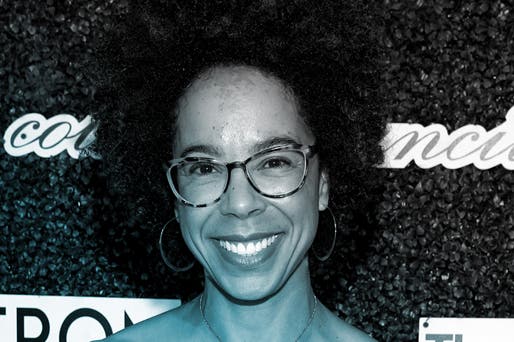
Adding to her long history of climate work, last year she published her own book, What If We Get It Right? Visions of Climate Futures, which one critic called “a much-needed antidote to ‘climate grief’”. The book is a collection of essays, poems and musings on potential climate futures by people working in areas ranging from farming to architecture. It promotes the idea that there may be many different solutions to the climate emergency – not just one sole plan of action.
85. Fatih Birol
Fatih Birol is executive director of the International Energy Agency (IEA), which helps countries to form energy policy. He is known for championing the transition to a sustainable, low-carbon future, and has emphasised the need for urgent, coordinated global efforts to limit global warming to 1.5C.
Renewables grew rapidly in the past few years and Birol has said the IEA expects renewable energy use to increase by 2.5 times by 2030, but that that would still fall short of the tripling that nations agreed at the Cop28 climate summit two years ago. He added that the goal is still reachable, though success hinges on increasing funds for clean energy in developing countries.
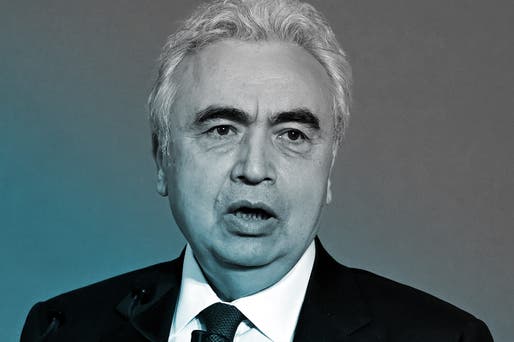
He also previously said the war in Gaza has proven that “oil and gas are no longer safe choices”, and that the Middle East crisis could accelerate the move to clean energy.
In January at the World Economic Forum (WEF) in Davos, Birol singled out India as a developing country on the right track, noting its 40 per cent surge in renewable energy investment in 2024. Later this year, Birol will help preside over the critical Cop30 climate summit in Brazil, which will focus on ways to contain damage to the Amazon basin, among other things.
He must also navigate increasing pressure from the fossil fuel industry and from governments such as the US that want to drill more. He has said existing oil and gas fields do require investment but that must not detract the world from its mission to transition from oil and gas to clean energy.
86. Dr Jane Goodall
Jane Goodall’s name is synonymous with her groundbreaking work on the study of chimpanzees, which she began in 1960. She is a renowned conservationist and ethologist (the study of non-human animal behaviour) who at 91 continues to show an unwavering commitment to conservation.
Through the Jane Goodall Institute, her work focuses on education and community conservation projects. In 1991, she set up Roots & Shoots, supporting young people to work on environmental, conservation and humanitarian issues. In 2023, Goodall launched the Trees for Jane campaign, promoting tree planting and forest preservation worldwide.

Speaking in London at the South by Southwest festival in June, Goodall reflected on the horrors of Gaza and Ukraine and the damage the environment has suffered from them. However, she added that she is still hopeful that the younger generation, who make up a large section of her supporters, will change things while there is still time.
She also commented on the surge in AI usage and said it was a tool whose impact on the world will depend on how it is used by society.
87. Dr Kimberley Budil and team
For 70 years, scientists have attempted to replicate the energy process that powers the sun. Three years ago, a team in California finally managed to do it after 13 years of trying.
Physicist Kim Budil is the director of Lawrence Livermore National Laboratory in California. She is the first woman to hold the position, and it was under her leadership that her team made its historic breakthrough in nuclear fusion.Since then, investors have poured money into fusion technologies and companies purporting to be on the cusp of a breakthrough to scale the process. The Trump administration recently said the US was committed to all forms of nuclear energy, including fusion.
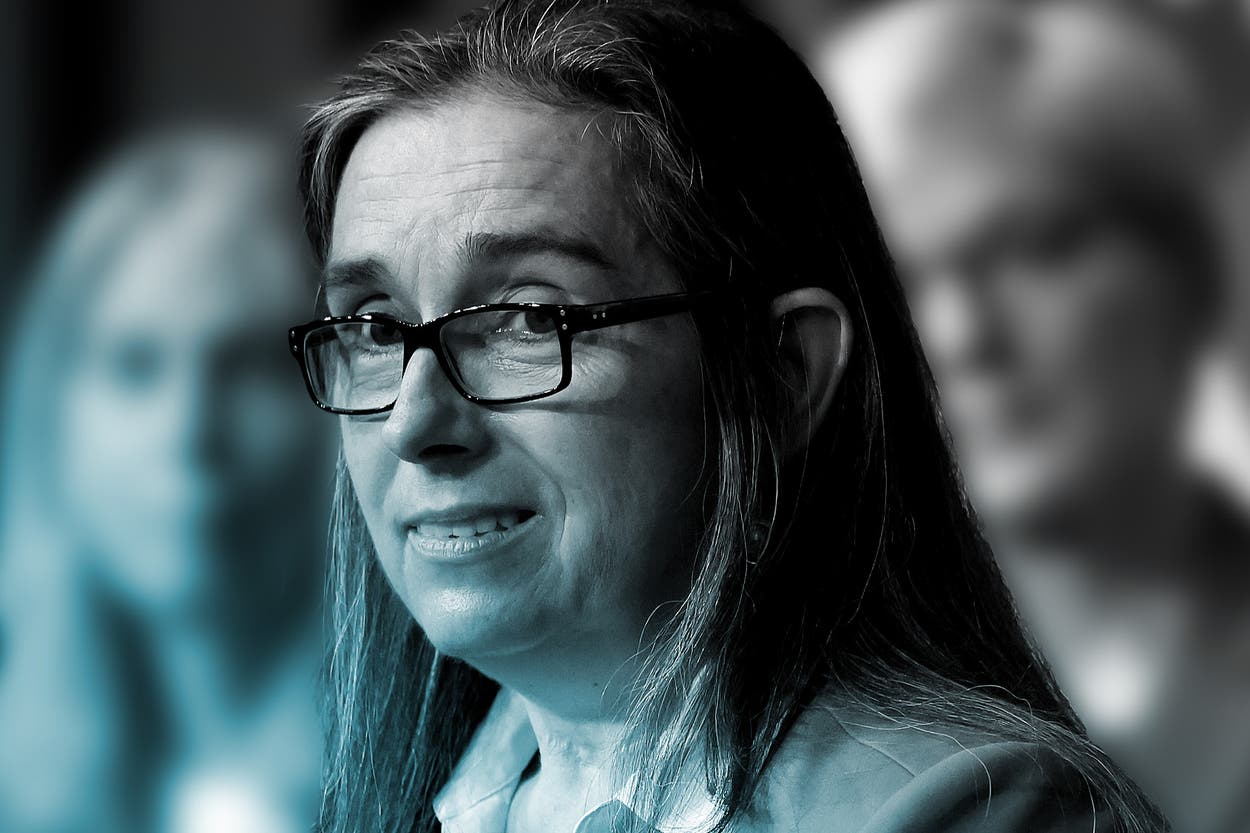
Nuclear fusion offers the promise of providing nearly limitless clean energy, which could revolutionise efforts to meet the world’s energy needs sustainably, changing the trajectory of the climate crisis.Known as a “net energy gain” – producing more energy in a fusion reaction than was used to ignite it – the experiment delivered 2.05 megajoules of energy to the target, resulting in 3.15 MJ of energy output.
88. Michael Mann
For Michael Mann, climate scientist, author and professor of climate science at the University of Pennsylvania, the problem of climate denial has been at the heart of a major libel case that has continued for 12 years.
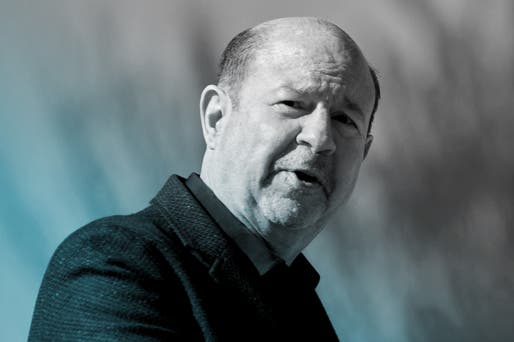
In February 2024,Mann, who is also a member of the National Academy of Sciences, was awarded damages after winning a case against two writers who, in a blogpost for the libertarian think tank Competitive Enterprise Institute, compared Mann’s depictions of global warming to child molestation but against data, which Mann says damaged his reputation. After the verdict was announced, Mann said: “It’s a good day for us. It’s a good day for science.” The case has become a symbol of upholding of scientific integrity in the face of disinformation.
Mann first gained widespread attention for a graph first published in 1998 in the journal Nature that was dubbed the “hockey stick” for its dramatic illustration of the warming planet. In 2023, he authored Our Fragile Moment: How lessons from the Earth’s past can help us survive the climate crisis.
89. Robert D Bullard
Known as the “father of environmental justice”, Robert D Bullard has campaigned and raised awareness on the connection between pollution and racism since the 1970s.
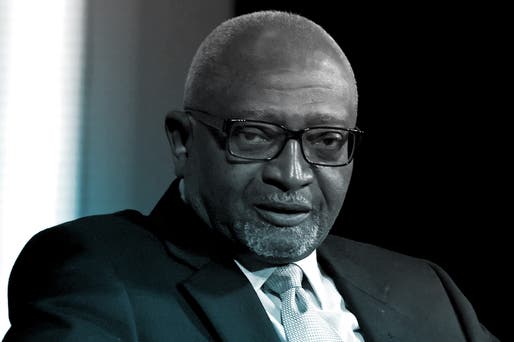
It led him to found the Bullard Center for Environmental and Climate Justice, which advocates for policy changes that protect the communities most affected by pollution. A professor at Texas Southern University, he was appointed to the White House Environmental Justice Advisory Council in 2021 and has authored 18 books.
More recently, his focus has been on the Justice40 Initiative, which ensures 40 per cent of federal clean energy investments reach disadvantaged communities.
He is also working to help Shiloh, Alabama, a town facing environmental racism. The traditional flat land has been made into a bowl after widening of a nearby highway, and this has been linked to repeated destructive flooding for multiple years.
90. Wanjira Mathai
The Kenyan environmentalist Wanjira Mathai has activism in her blood. She is the daughter of Wangarĩ Maathai, an environmental and political activist who in 2004 became the first African woman to win the Nobel Peace Prize, for her work in fighting deforestation and encouraging sustainable development.
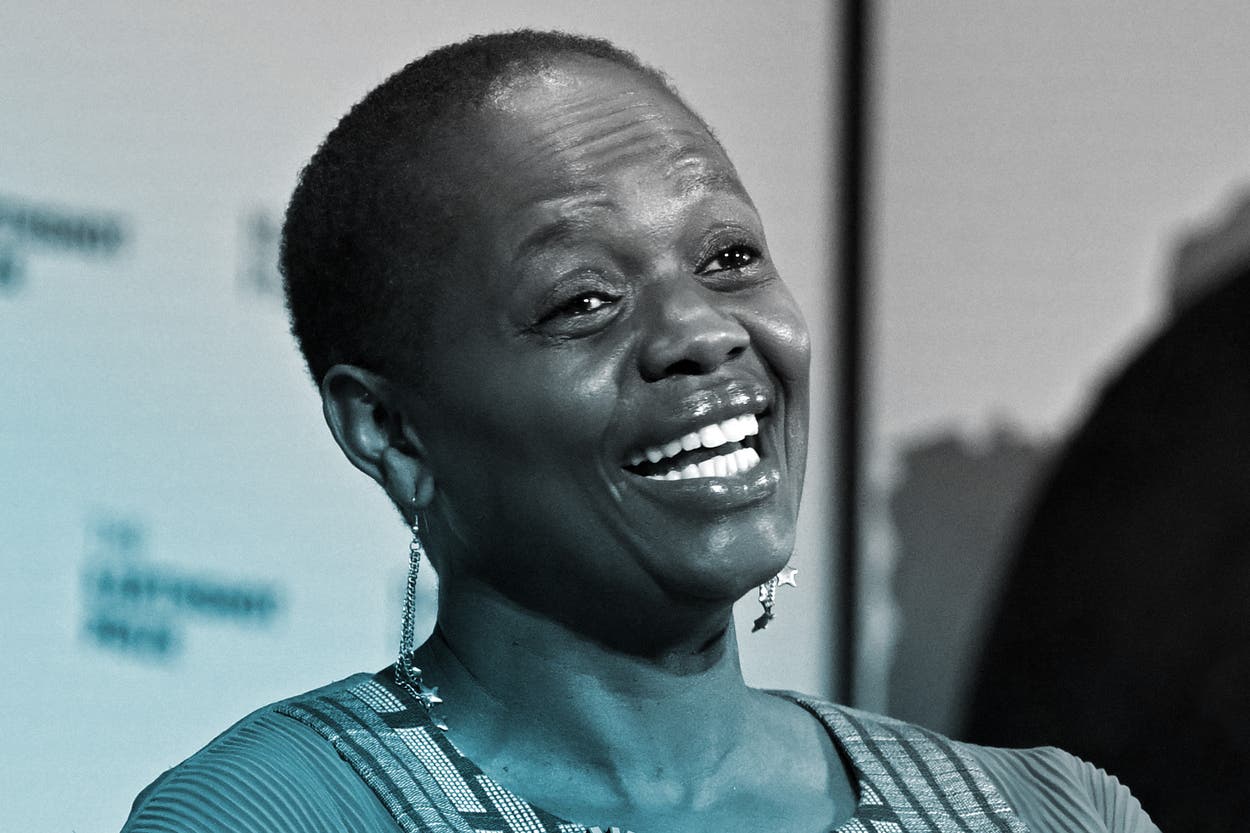
Her mother set up the grassroots Green Belt Movement, which Mathai continues to work on today. It has enabled 51 million trees to be planted in Kenya since 1977, tackling deeply entrenched problems of deforestation.
Wanjira is the managing director for Africa and Global Partnerships at the World Resources Institute (WRI), a global nonprofit. Using research-based approaches, WRI’s work globally aims to fundamentally transform the way the world produces food, uses energy and designs its cities to create a better future for all.
In November, she announced $17.8m (£13.2) in funding that would help restore around 47,000 hectares of land and generate 52,000 jobs across African communities.
91. Nicholas Stern
Nicholas Stern is an economist, banker, academic and author of the landmark 2006 report The Stern Review on the Economics of Climate Change, which called on governments to act quickly not only for the environment, but also for the global economy.
In 2023, Lord Stern criticised Rishi Sunak’s government, saying Britain’s leadership on tackling climate change had “faded”. He has gone on to call for stronger political leadership to fight climate change.
Stern, alongside 14 other figures who were involved in the UN Cop26 climate summit in Glasgow, wrote a letter to Sunak to express their “deep concern for your government’s lackadaisical approach to international climate, nature, and environment issues”. He also echoed worries expressed by others that the UK was no longer a leader in fighting climate change and urged Sunak to make a statement reaffirming how seriously his government was taking the climate emergency and to explain its plan for the future.
At Cop29 in Baku, he argued that the climate finance of $300bn (£221.3 bn) currently pledged by wealthier countries to deliver the goals of the Paris Agreement “falls short significantly of the at least $390bn a year” needed by 2035.
Tech & Entrepreneurs
92. Insiya Jafferjee
Making a material that would last forever has undoubtedly come back to bite us with plastic, and now decades have been spent looking for an alternative. Insiya Jafferjee’s Shellworks company turns bacteria into Vivomer, a biodegradable material that behaves like plastic but is fully compostable and doesn’t create microplastics when it breaks down.
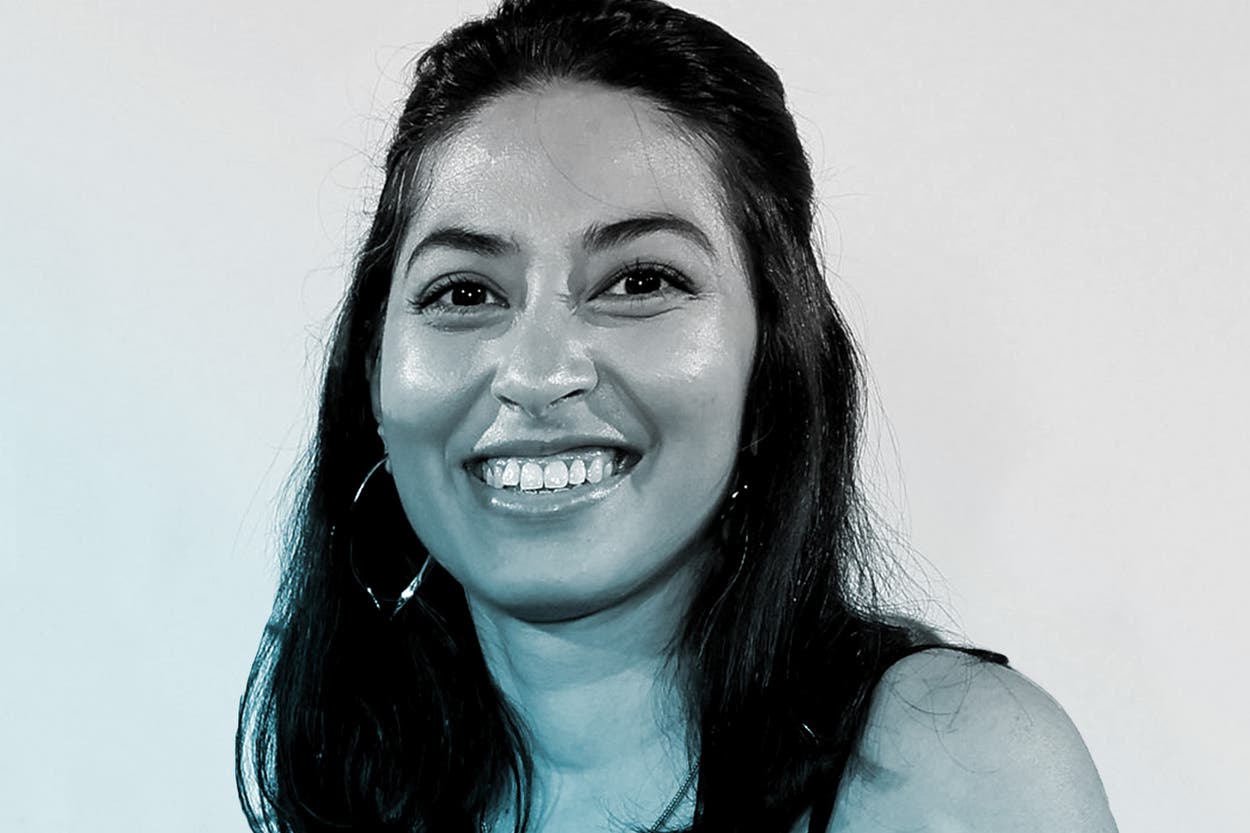
Shellworks say that siince its creation in 2019, Vivomer has replaced 40 tonnes of plastic and 1.2 million units of packaging. Jafferjee’s ambition is to fully replace all petroleum-based packaging. Her achievements were recognised with the Veuve Clicquot’s Bold Future Award, which celebrates female entrepreneurs of the future.
93. Aliou Diallo
In 2012, a discovery was made in Bourakébougou in Mali, west Africa. The businessman Aliou Diallo had funded tests of a water well in the village that had been plugged in the late Eighties after it caught fire. The tests revealed that the borehole was releasing 98 per cent natural hydrogen.
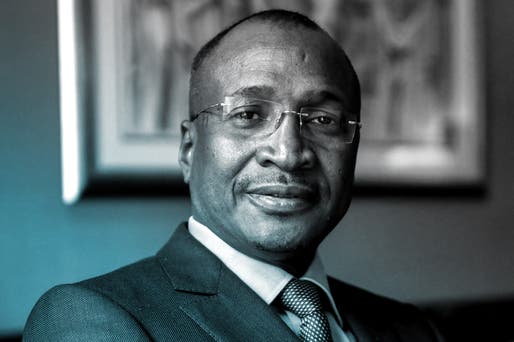
Bourakébougou subsequently became the first place in the world to get its electricity from a source of natural hydrogen, which was run through a retrofitted Ford engine. For the village, it was a game-changer, giving people lights in their homes and public spaces for the first time. Children did better in school as they were able to study into the evening.
Diallo, his daughter and their team went on to dig more wells. Their company, Hydroma, has now drilled some 30 wells in Mali and given the country a valuable source of clean energy.
Because of political turmoil in Mali, progress has not been as quick as Diallo’s team hoped, but the company, which is based in Montreal, plans to export the natural hydrogen to neighbouring countries in Africa as soon as possible.
94. Charlot Magayi
For many in poorer nations, the daily act of cooking can be dangerous. Not only in creating toxic fumes in small spaces, but also cooking over open fires that can be knocked over. That is what inspired the Kenyan entrepreneur and climate activist Charlot Magayi to create a better stove.
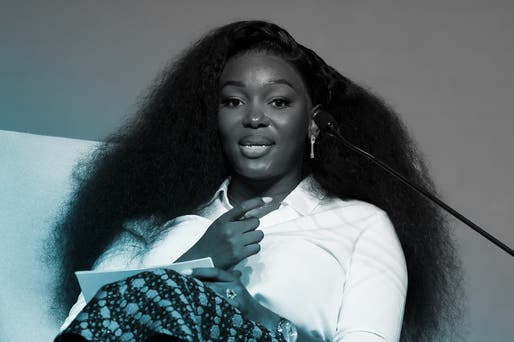
“Somebody does not have to lose their life while they’re cooking,” she says, which is what nearly happened to her daughter, who was two when she was badly burned by the family’s traditional stove.
This was the catalyst to setting up Mukuru Stoves in 2017. Magayi invented a cleaner stove that uses biomass to cook, reducing the pollution from charcoal fumes created by traditional stoves by as much as 90 per cent. The company has sold more than 400,000 stoves as of last year, and Magayi has received numerous awards, including the Earthshot Prize in 2022.
She is currently building a 30,000 square-foot clean energy campus in Kenya and working on other types of new fuels that can reduce pollution and fight disease.
95. John Clarke Mills
John Clarke Mills is the founder of the Watch Duty app, which users can download to track wildfires in their communities in the American West and measure how fast and in which direction they are moving.
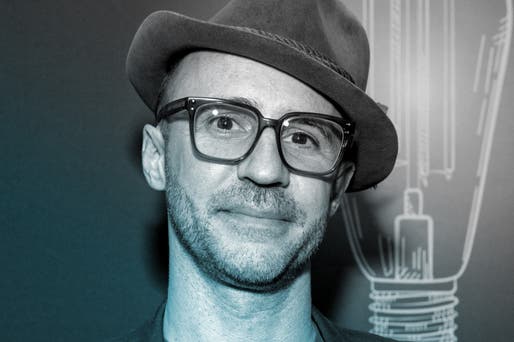
Mills started the non-profit after experiencing a wildfire first hand near his home in Sonoma, Northern California, and finding himself unable to find any information online or on broadcast news.
The app uses volunteers to track fire data and radio communications of fire-fighters to send headlines and maps to users to help them monitor fires real-time.
Watch Duty became one of the most popular apps in the Apple Store in January after the Los Angeles fires led to hundreds of thousands of people searching for information on their own neighbourhoods that authorities were unable to provide.
96. Kelly Adams
Kelly Adams was CEO of Advanced Thermovoltaic Systems last year when the Colorado company that captures industrial waste heat and converts it into clean energy won the prestigious Earthshot Prize, given to entrepreneurs working on solutions to climate change. Adams became chairman of the company in March.
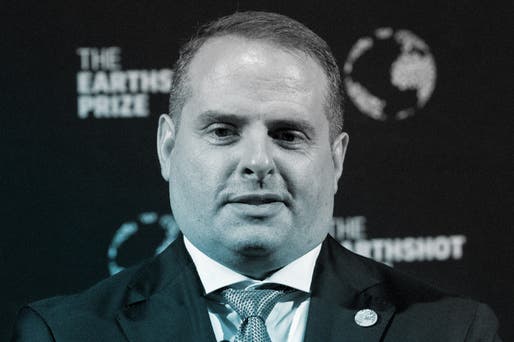
ATS uses thermovoltaic technology to convert heat into electricity, and helps industrial companies reduce harmful emissions from their manufacturing. Industrial waste heat is estimated to represent about 60 per cent of all industrial waste energy.
97. JB Straubel
In 2004, as Tesla’s fifth employee, Jeffrey Brian Straubel was an early proponent of electric vehicles. For the next 15 years, he was chief technical officer as the company rose to dominate the early EV market in the US, Asia and Europe.
When he left his full-time job in 2019, he took his knowledge of EVs and EV batteries with him, launching Redwood Materials, a company dedicated to creating powerful new batteries from recycled lithium-ion batteries.
In June, Redwood announced it would expand from its core business of recycling electric vehicle batteries to creating a new energy company that repurposes the batteries for energy storage and grid services. It began producing the fine black powder known as cathode active material from used batteries at a new plant in Nevada in March.
98. Miranda Wang
The idea of a “circular economy”, in which plastic waste is recycled into materials that can be used again, has long been at the centre of climate discussions. Miranda Wang decided to do something about it while she was still at high school in Vancouver.
The result is Novoloop, a Silicon Valley technology company that transforms plastic waste into a variety of products including footwear, sporting goods and automotive products.
Wang and her co-founder, Jeanny Yao, started the company in 2015 after working on it at the University of Pennsylvania. In June, the company announced a new round of financing that brought its total funds raised to more than $50m (£37) and will help it move from the use of a demonstration plant in India to finding a site and building its first permanent commercial facility.
99. Ted McKlveen, David Jaramillo and Bav Roy
Ted McKlveen, David Jaramillo and Bav Roy are the co-founders of Verne, a company that is developing low-cost hydrogen storage for use in road vehicles, aeroplanes and ships.
Typically, hydrogen is stored as a liquid or as compressed gas, which makes it expensive to store and transport. Heavy-duty transportation is very difficult to decarbonise with batteries that lack energy density.
Verne is aiming to store the gas in its cryo-compressed state, which offers higher-density storage at a much lower cost. This opens up the possibility of more applications for hydrogen fuel cells, helping to bring down global CO2 emissions.
In July, the company announced a $4.5m (£3.3m) project to open its first manufacturing plant in Pennsylvania, including with investment from the state government.
100. Elon Musk
By virtue of the fact that Elon Musk leads Tesla, still the world’s most valuable company, he arguably should be included in any list of people who have done much to help fight climate change.
A few years ago, he was at the vanguard of the climate movement, funding a $100m (£74m) global contest to remove carbon from the atmosphere, called the Xprize. But as Musk’s political ambitions grew, his climate statements became more mixed, as have Tesla’s fortunes.
While working with President Trump earlier this year, Musk presided over a gutting of federal agencies tied to weather forecasting and emergency services. He also changed his tune on mitigating climate change, arguing that “the only action needed to solve climate change is a carbon tax”.
But after he left the administration and began making noises about starting his own political party, Musk has been a critic of Trump’s anti-climate agenda, and is back at Tesla as it struggles with new competition in the EV sector, high costs, and a world without US subsidies for EV buyers.



